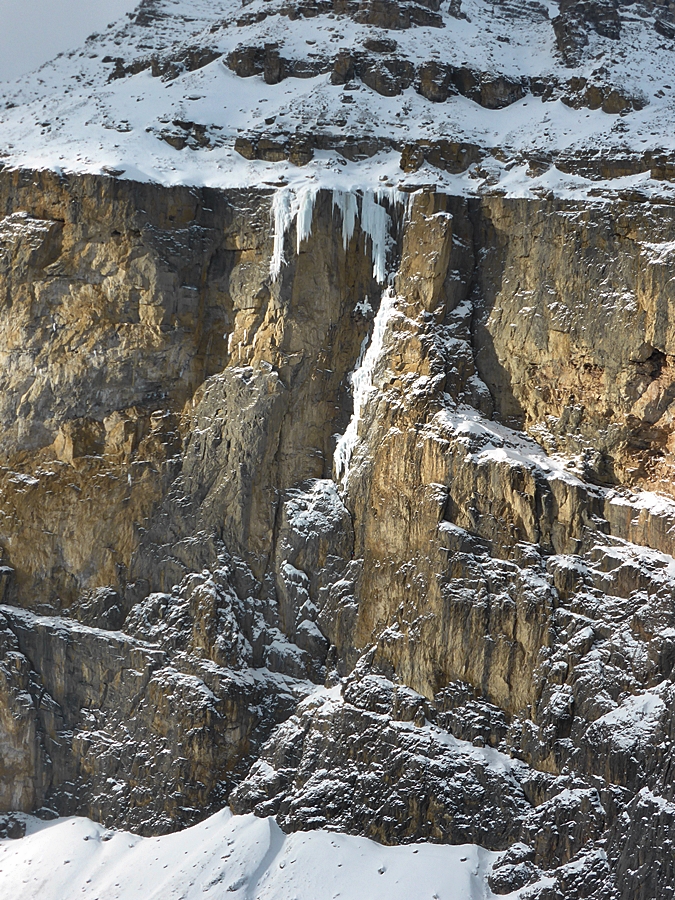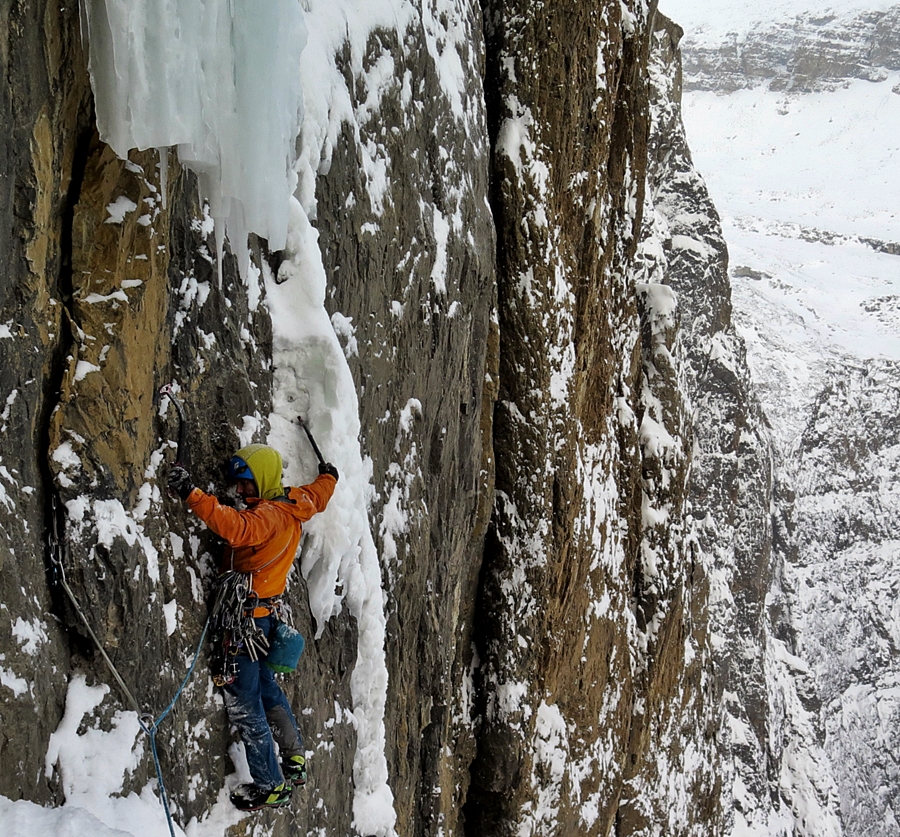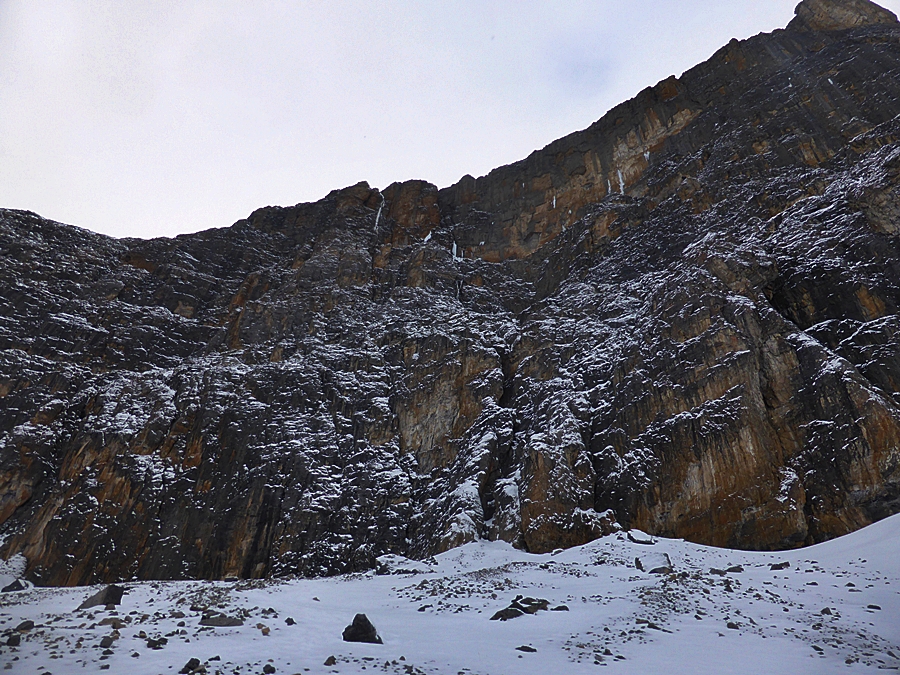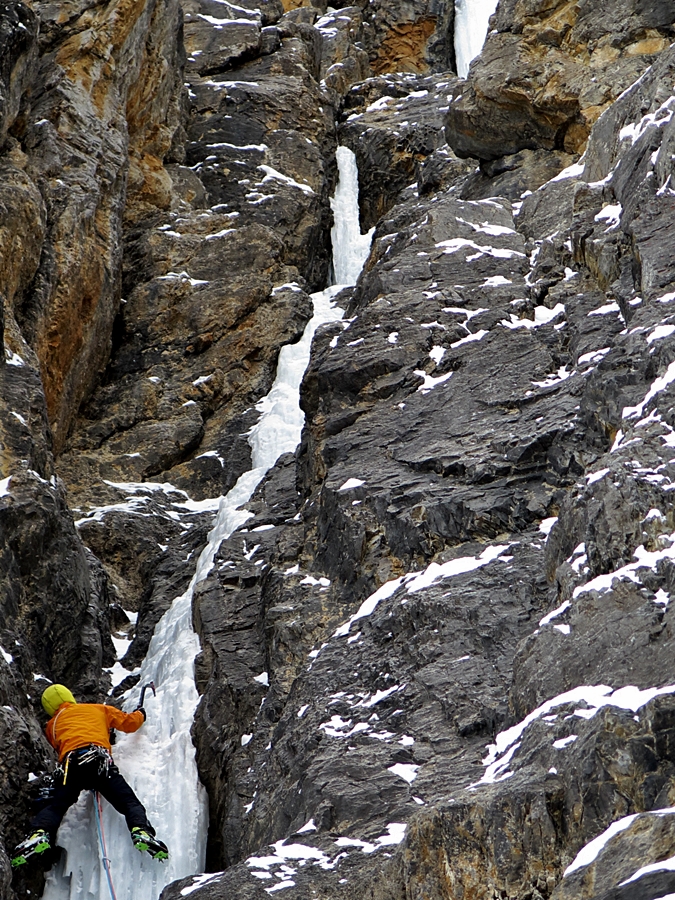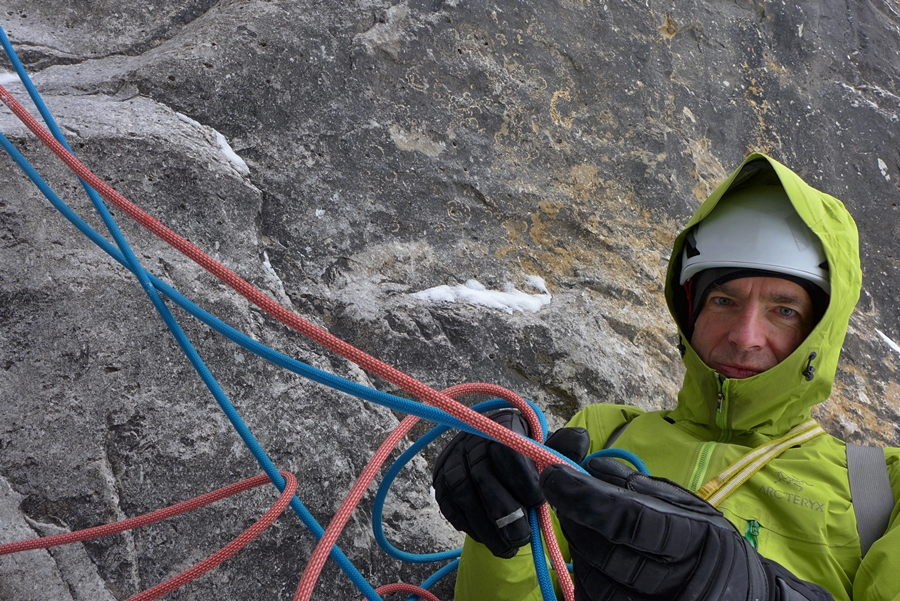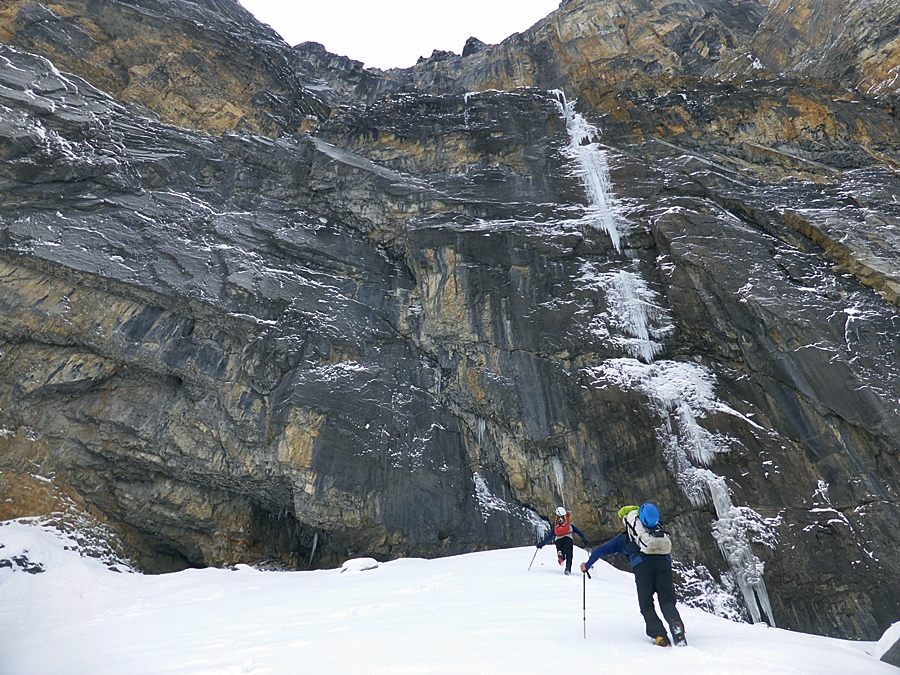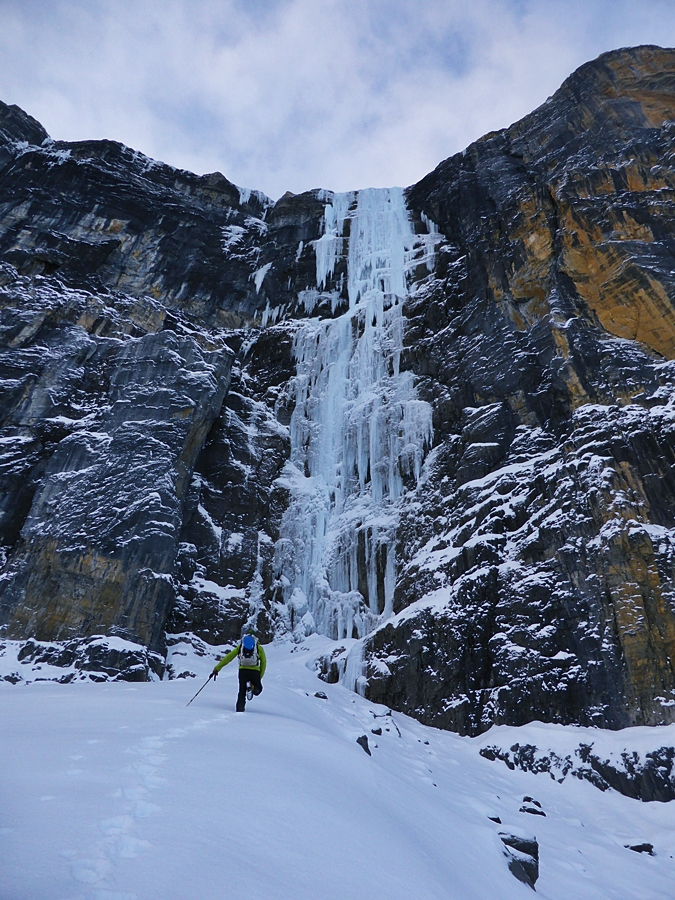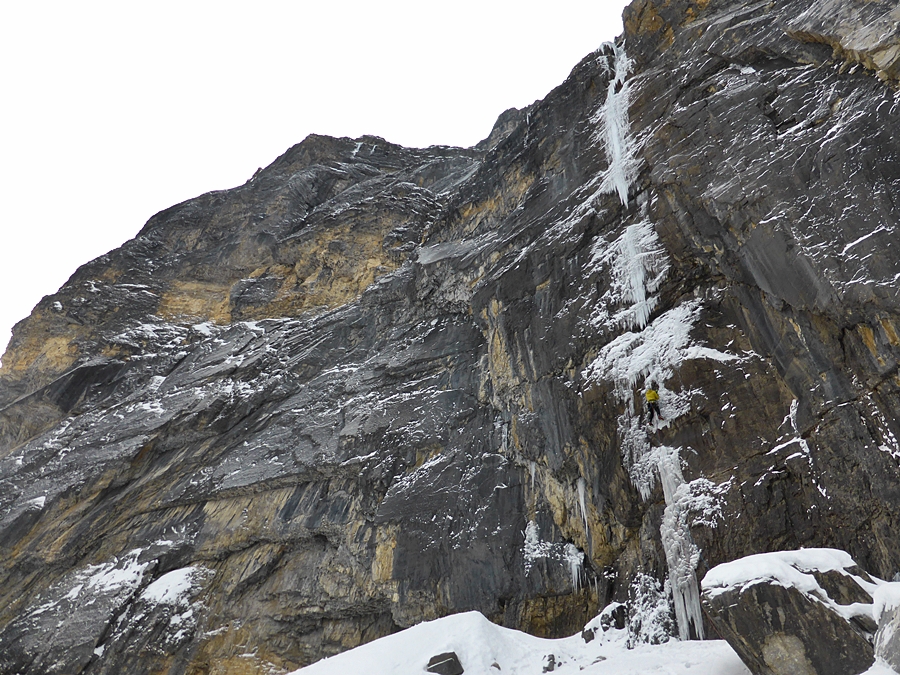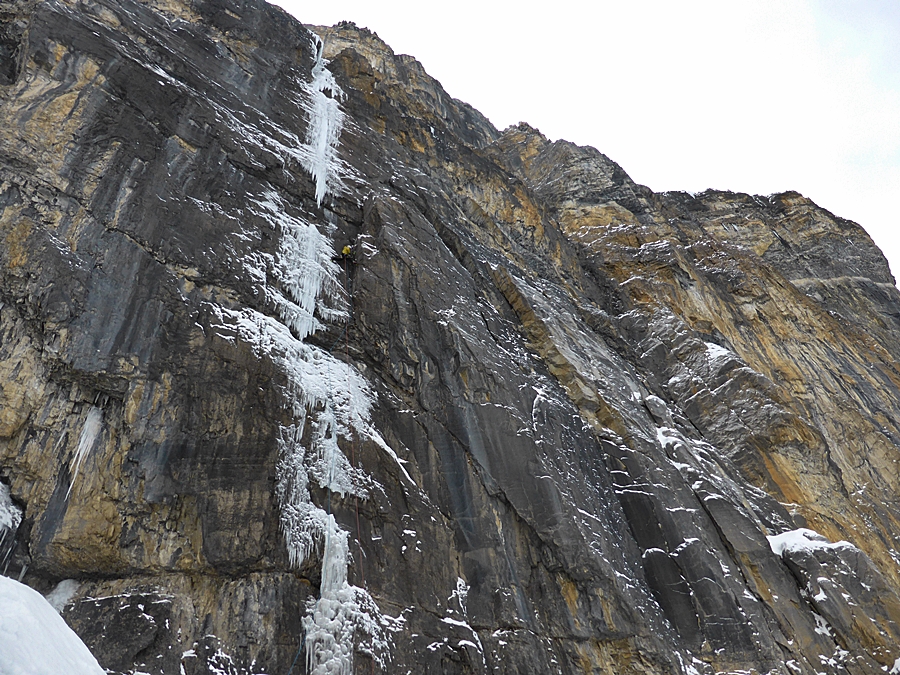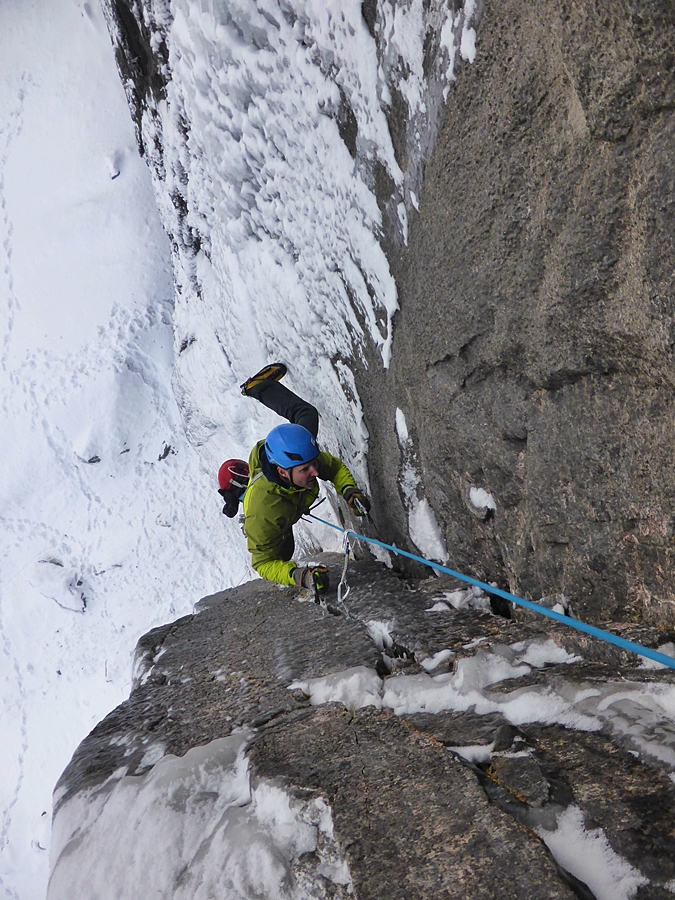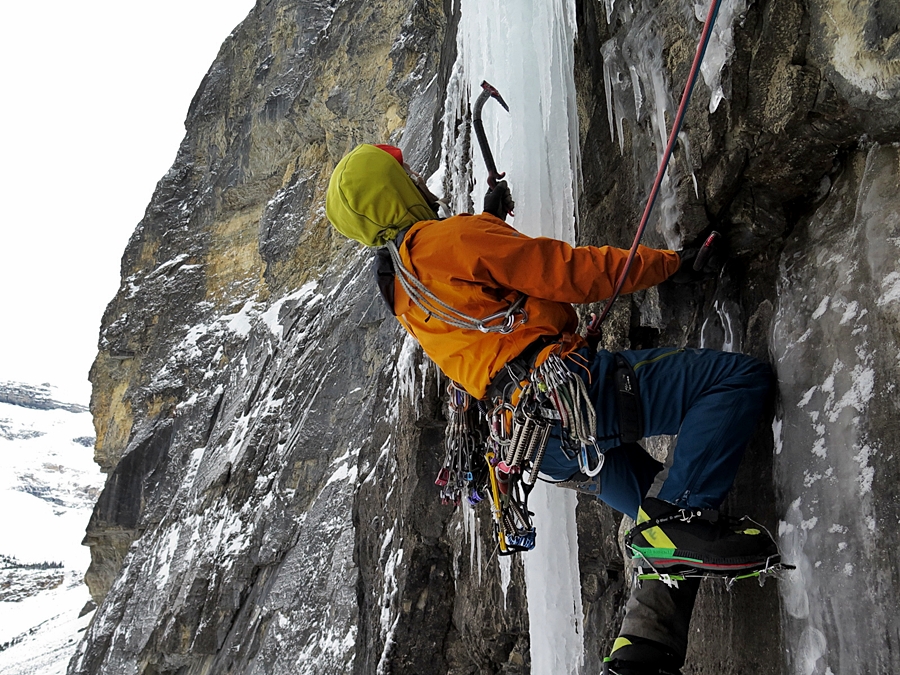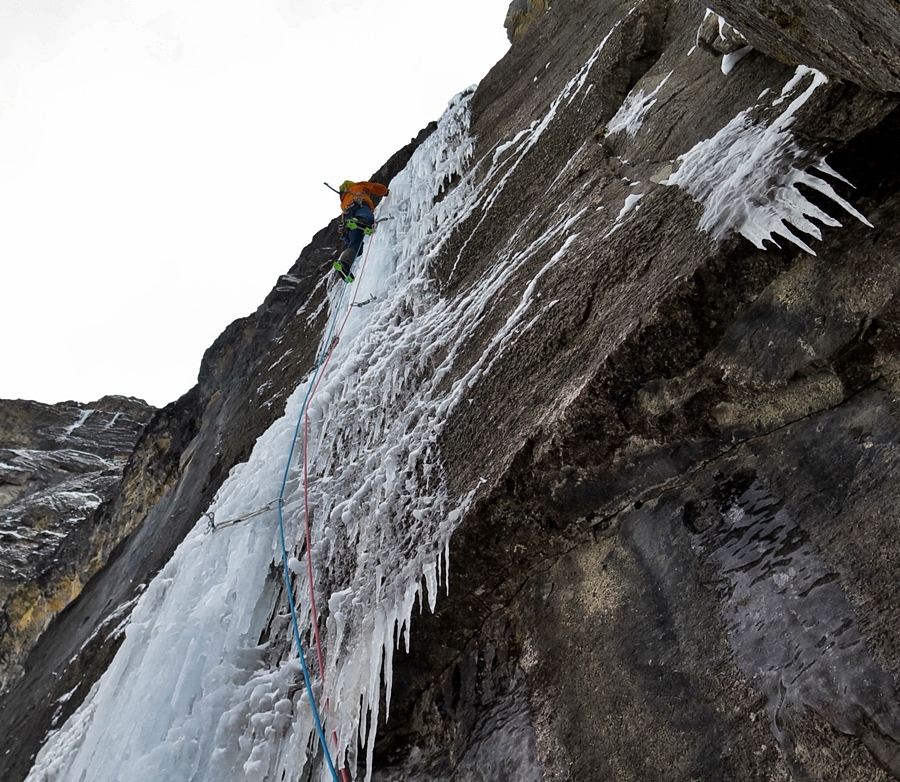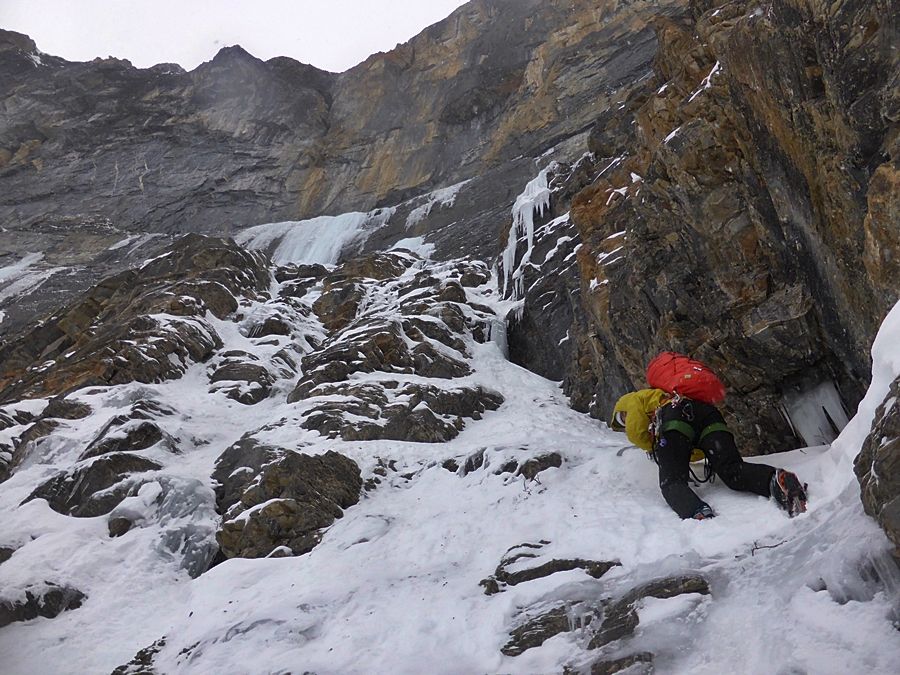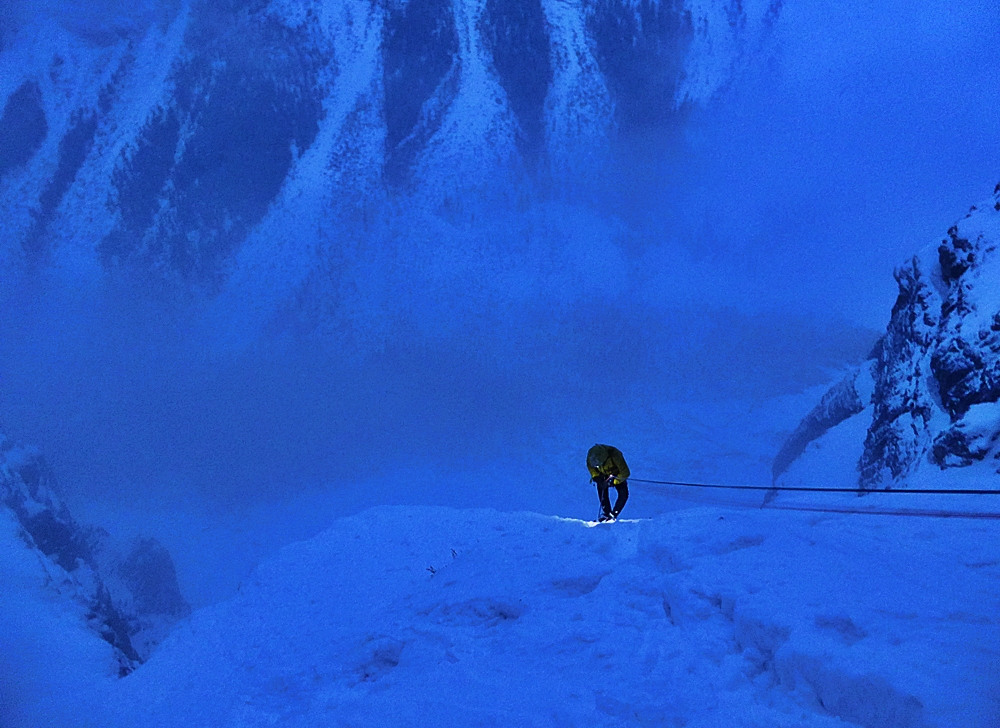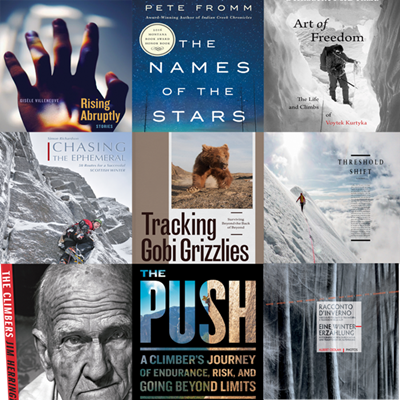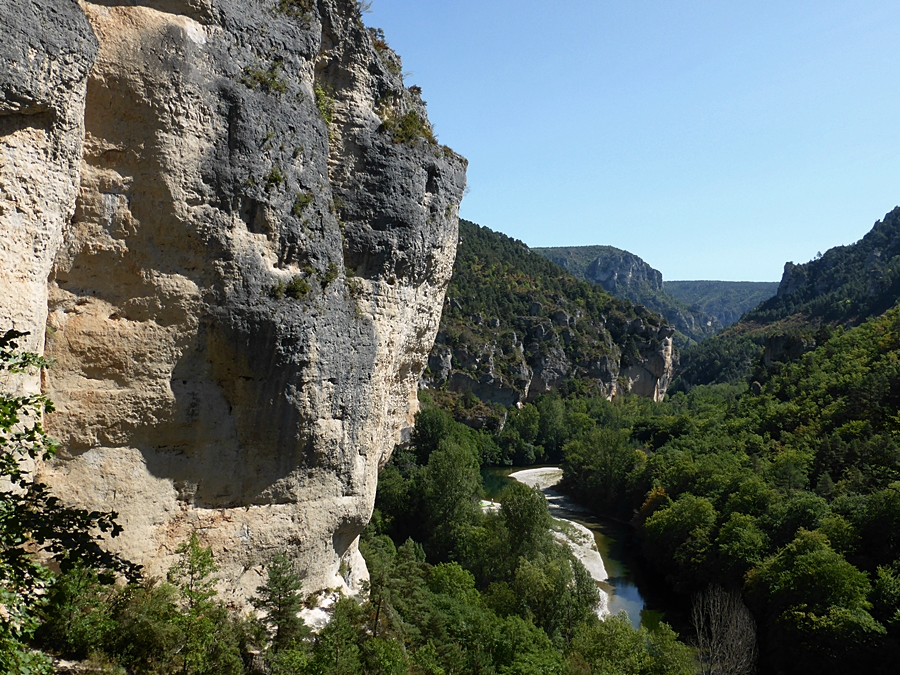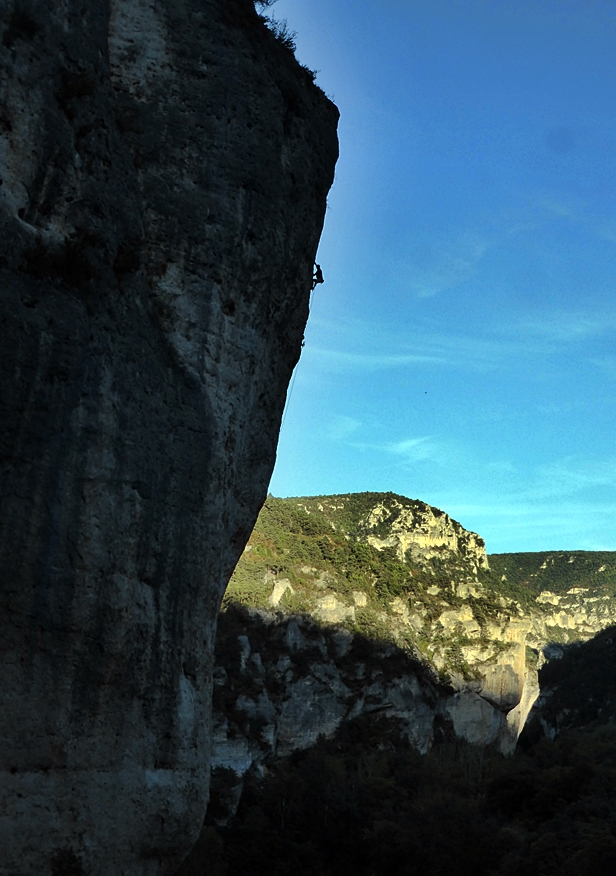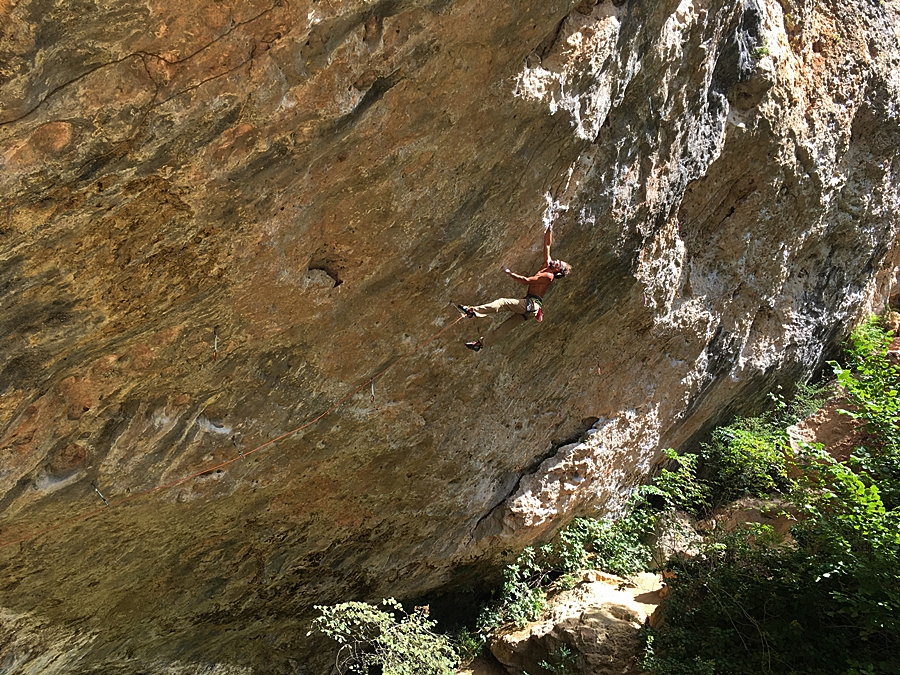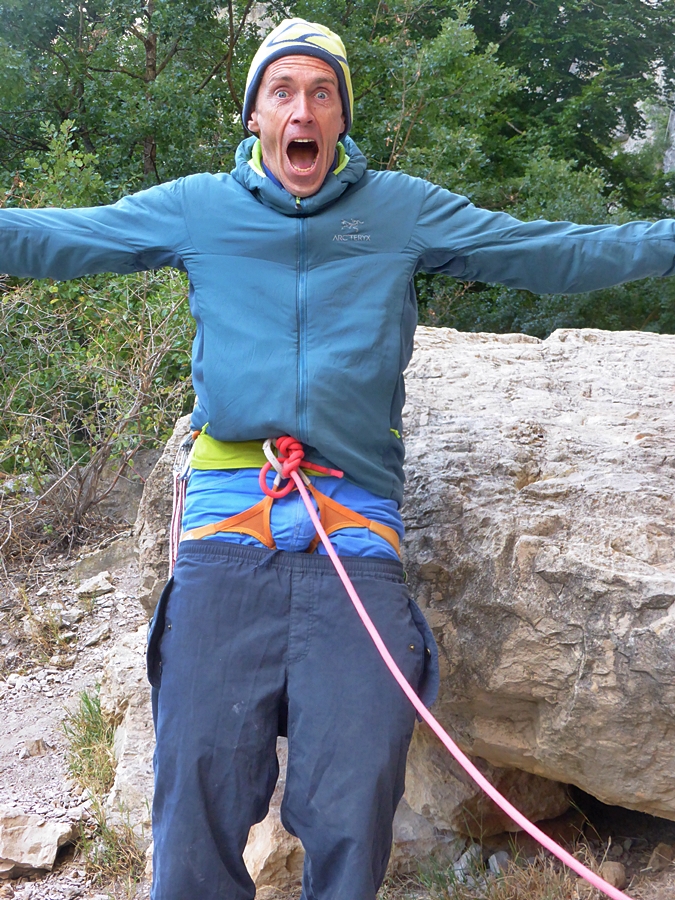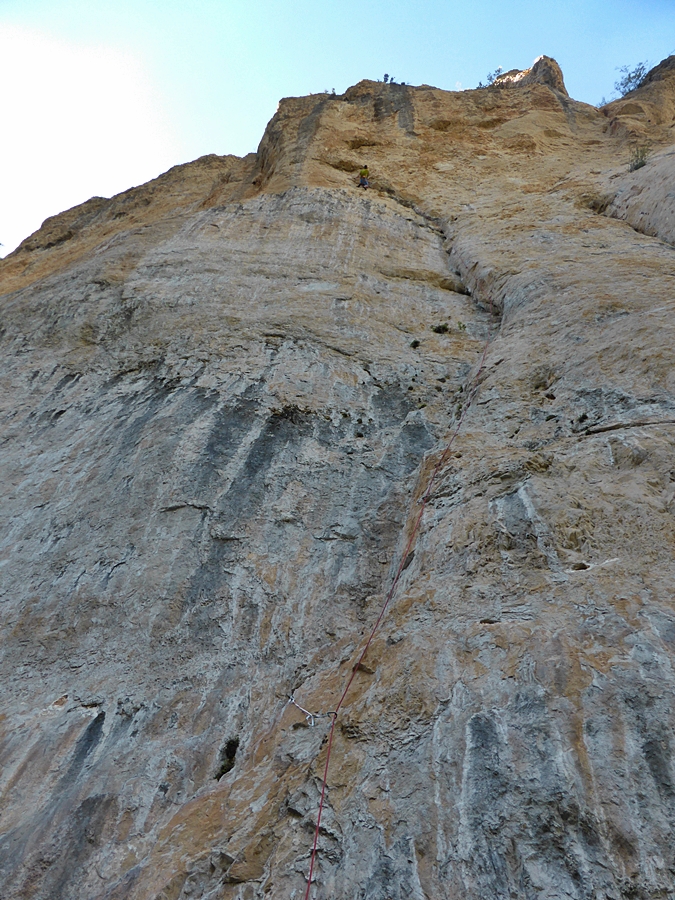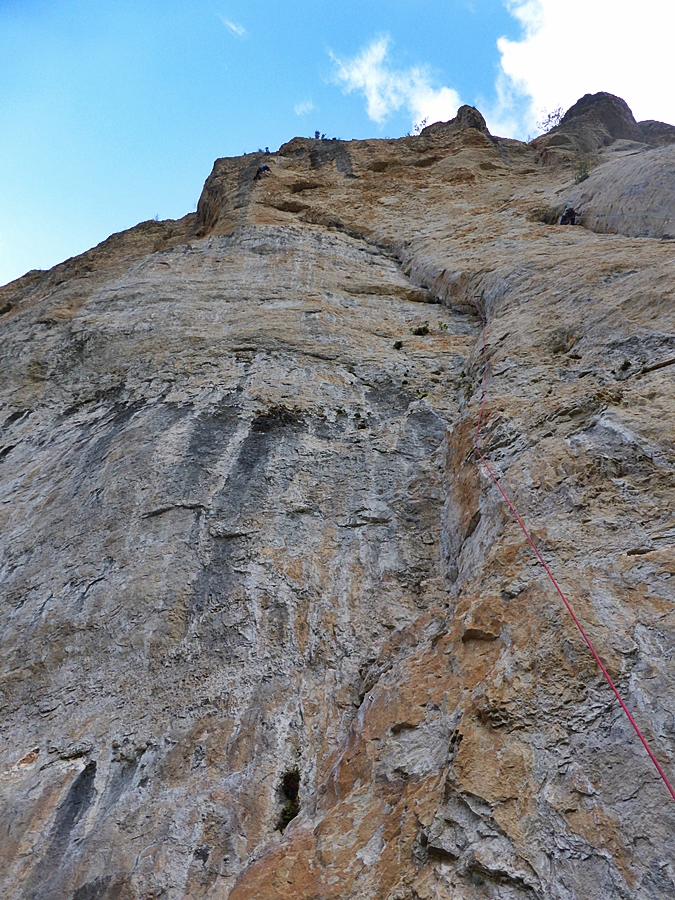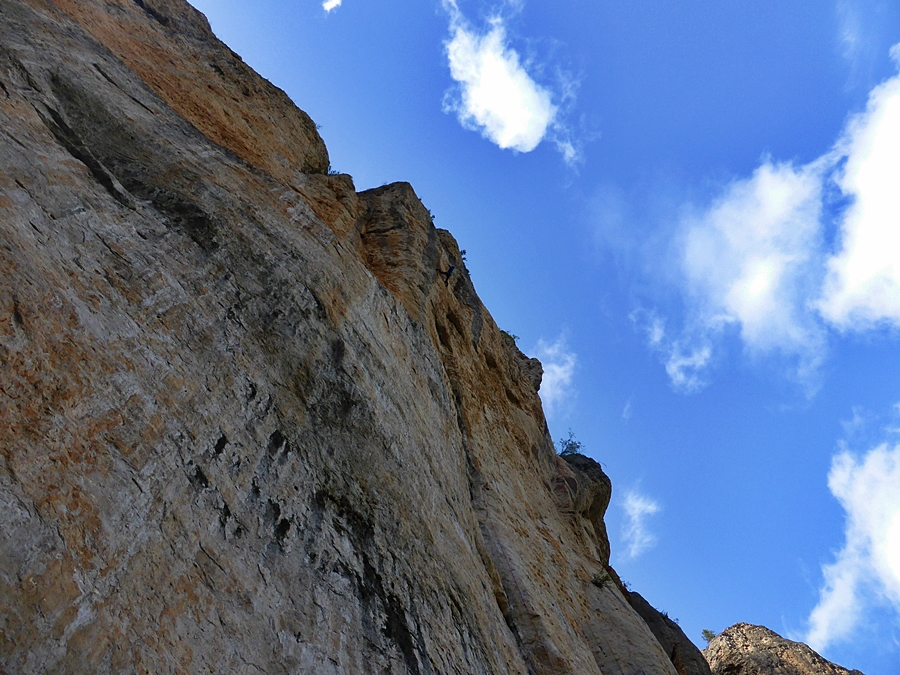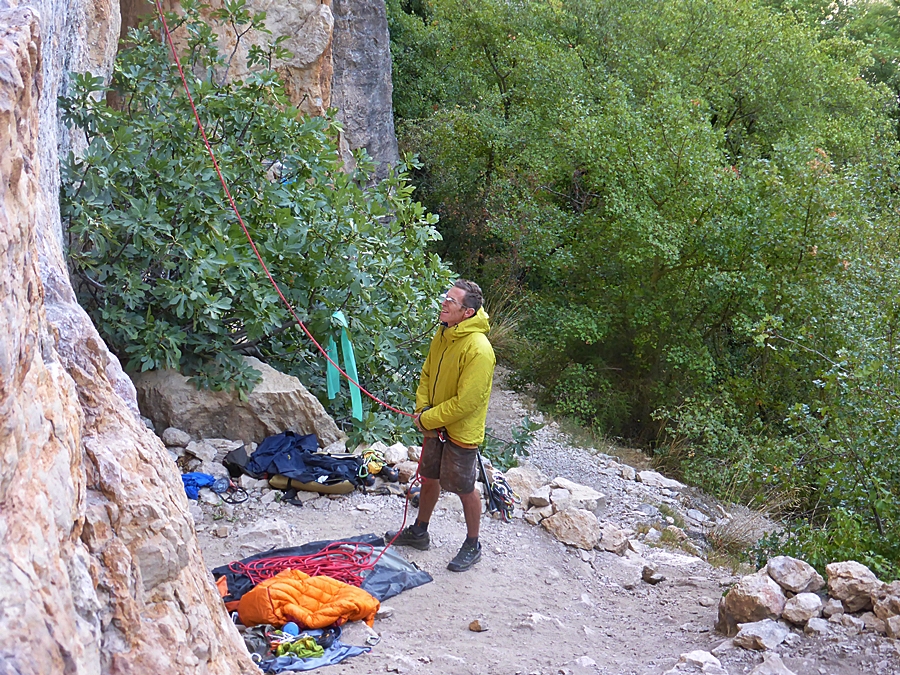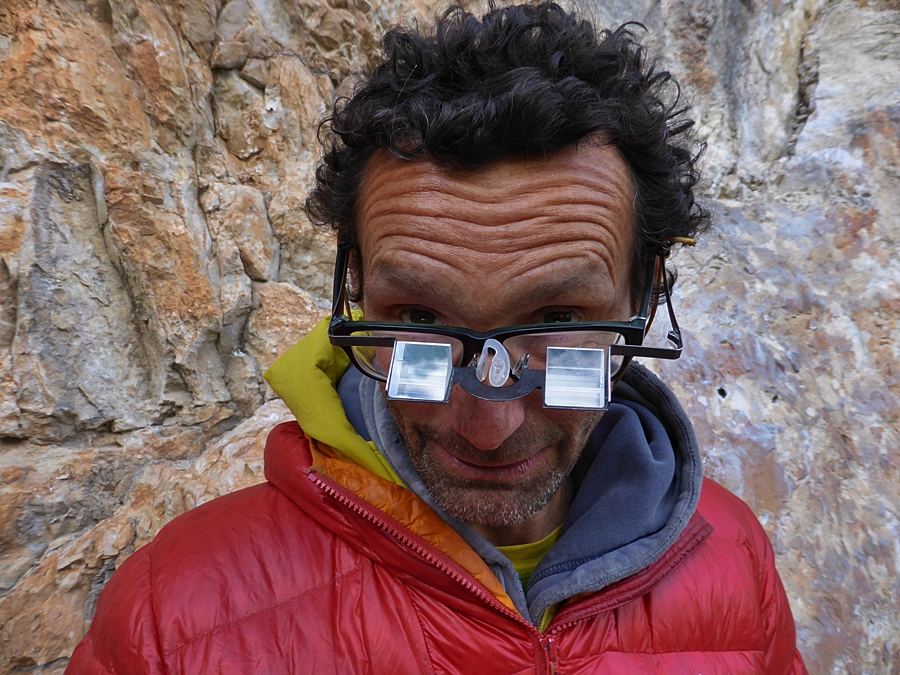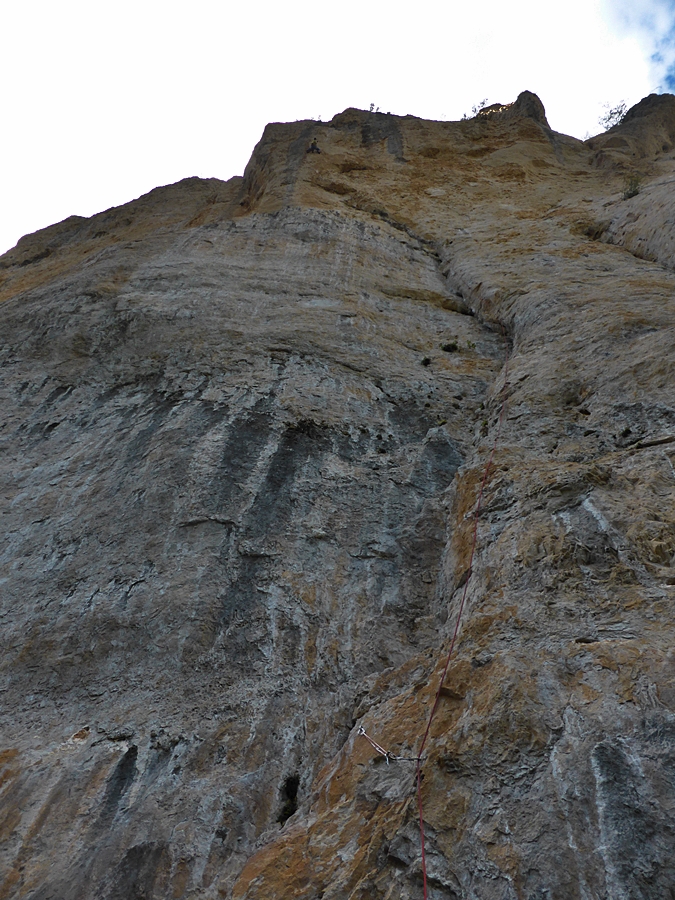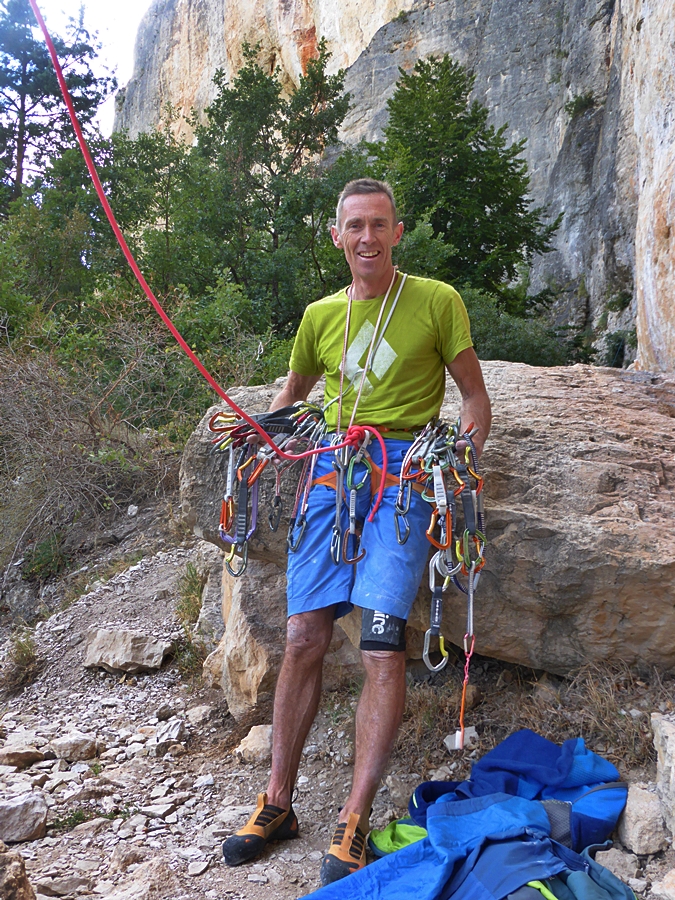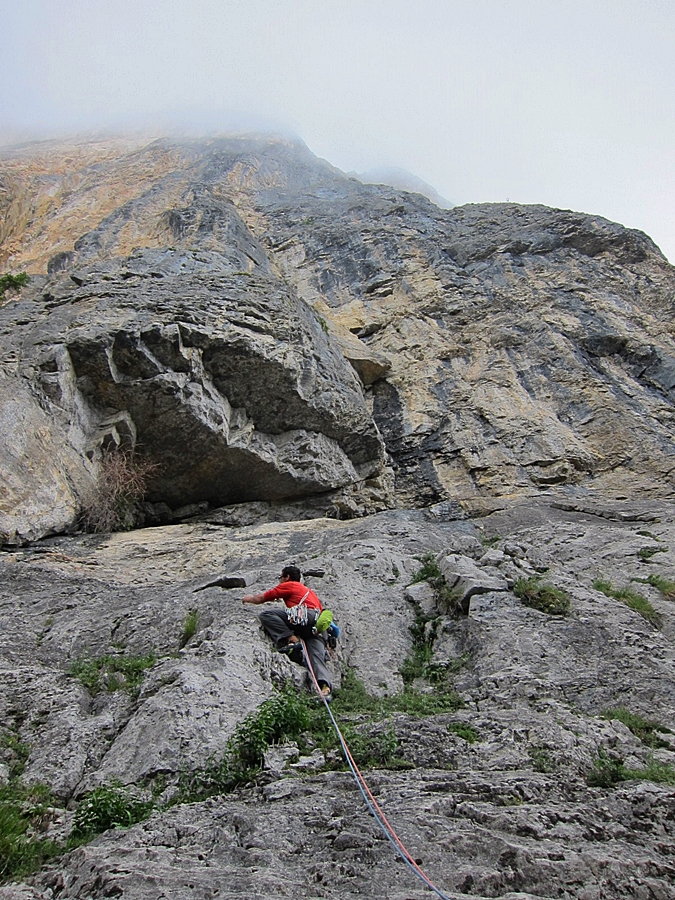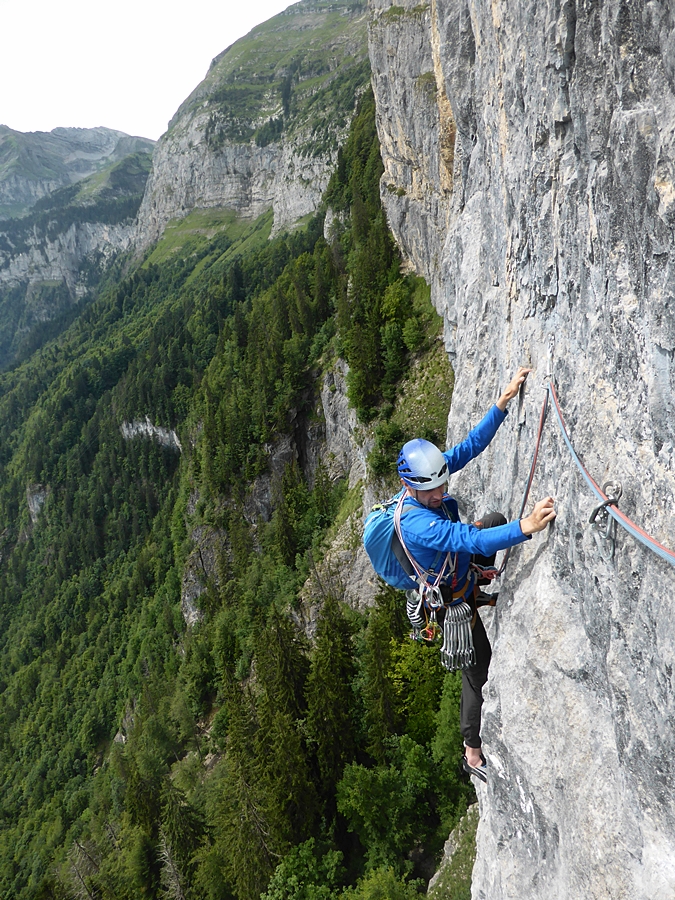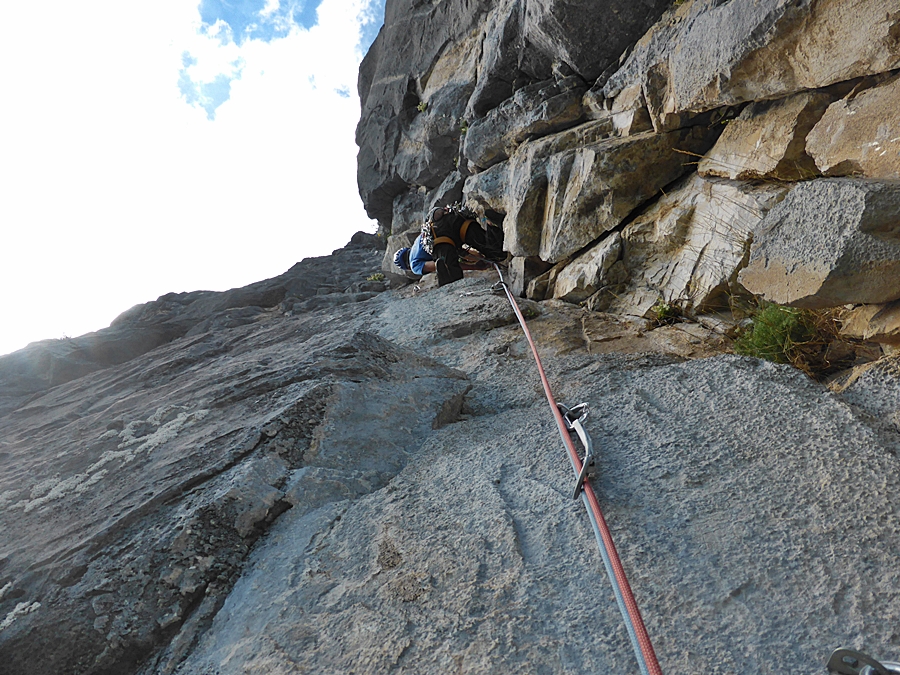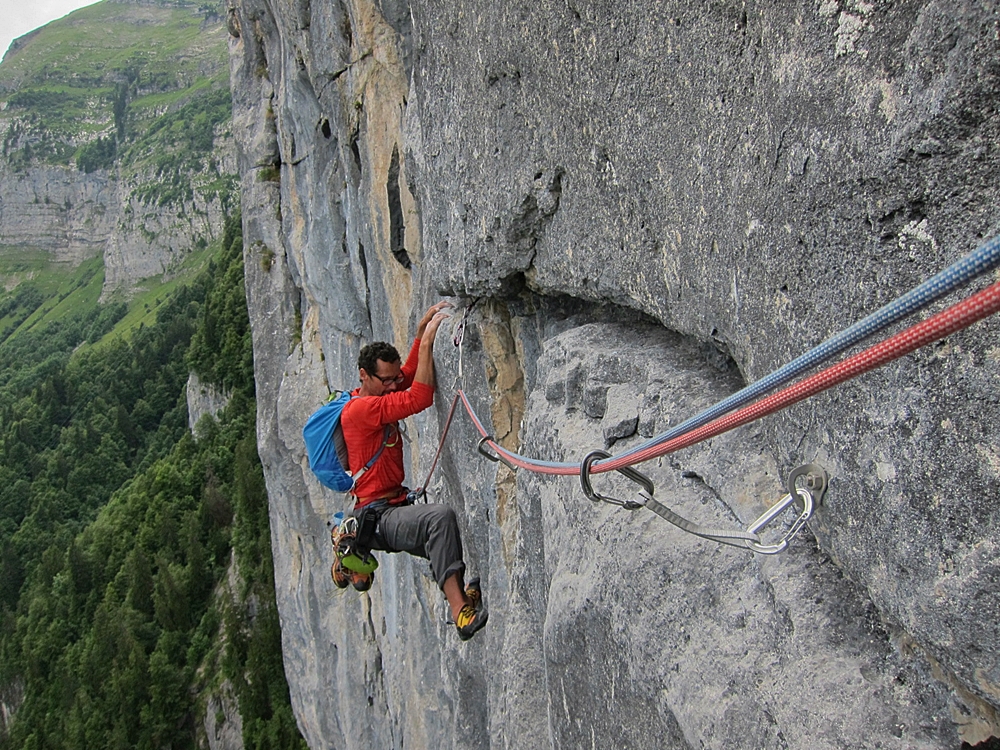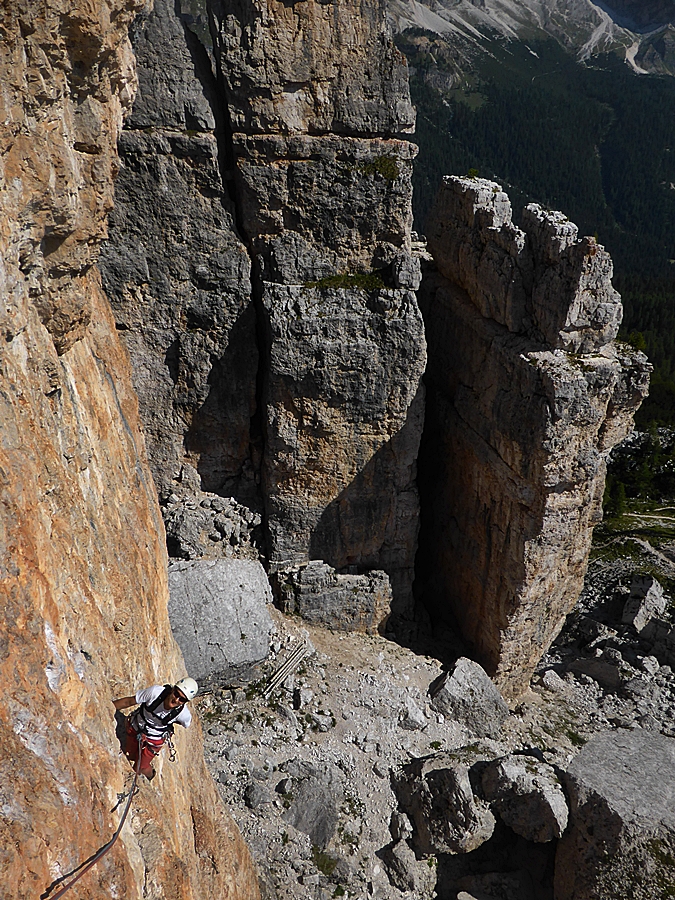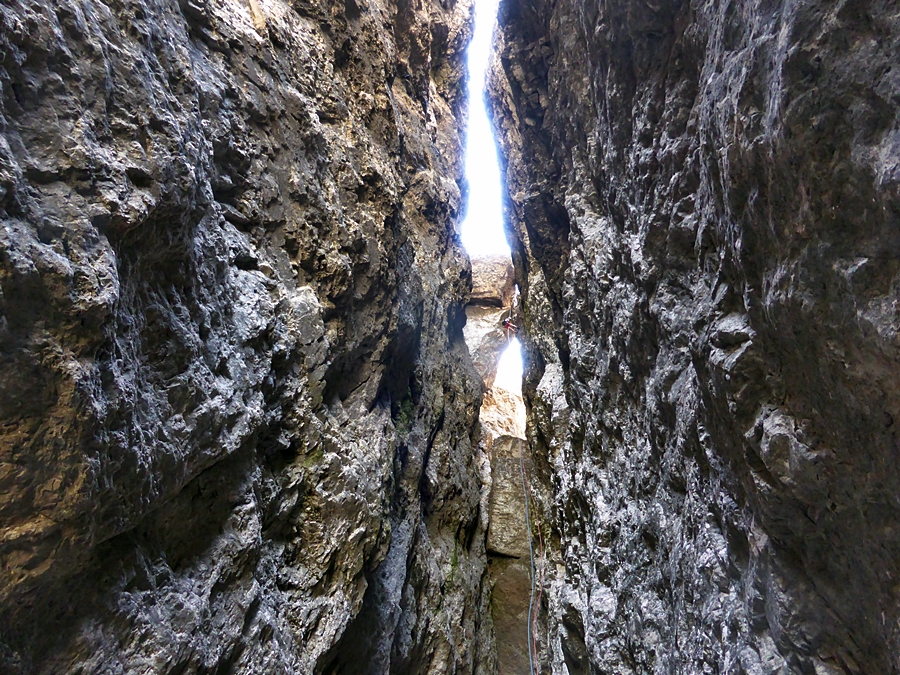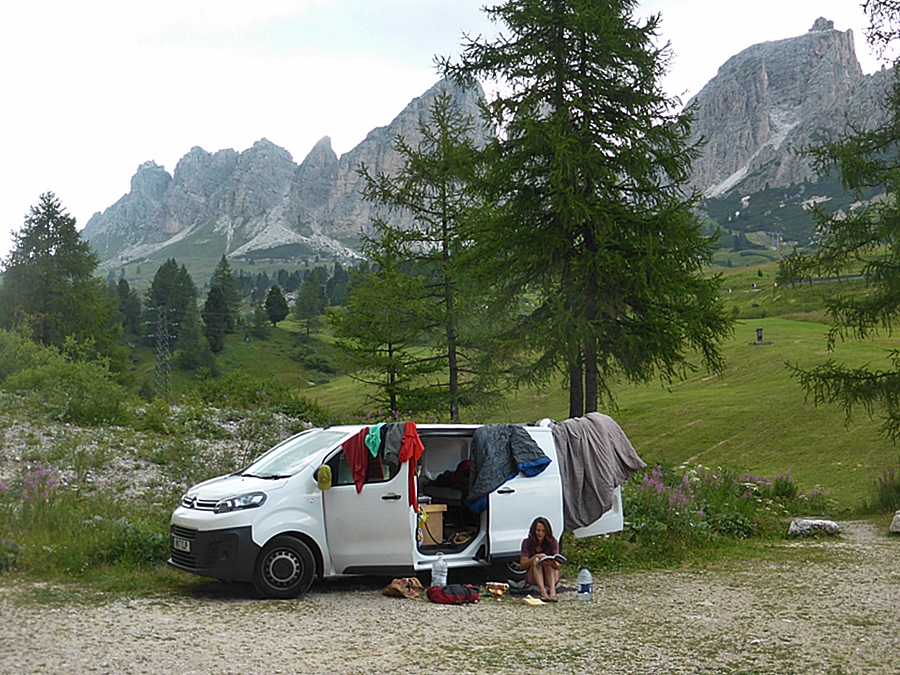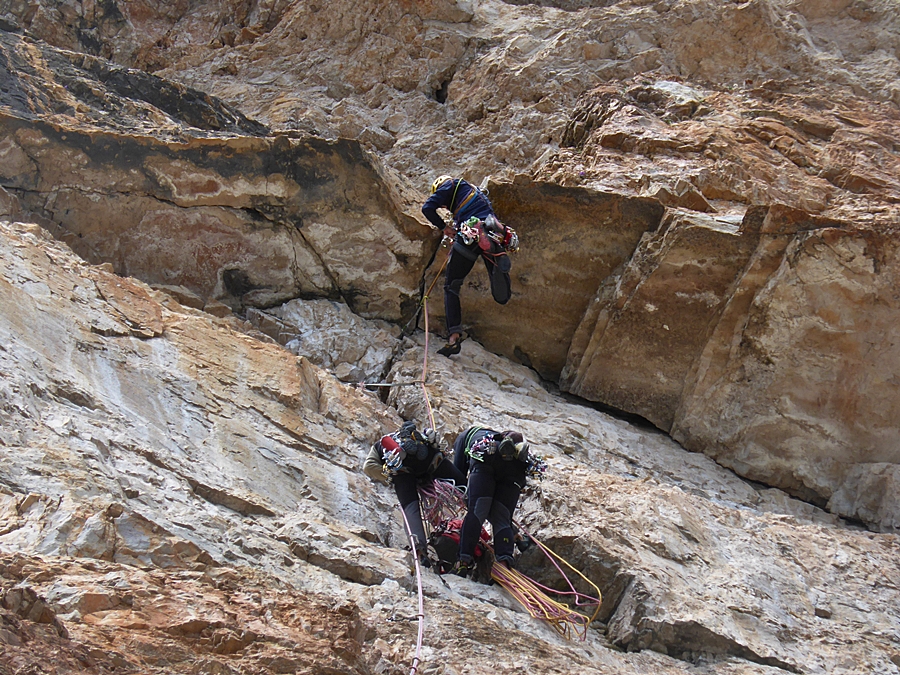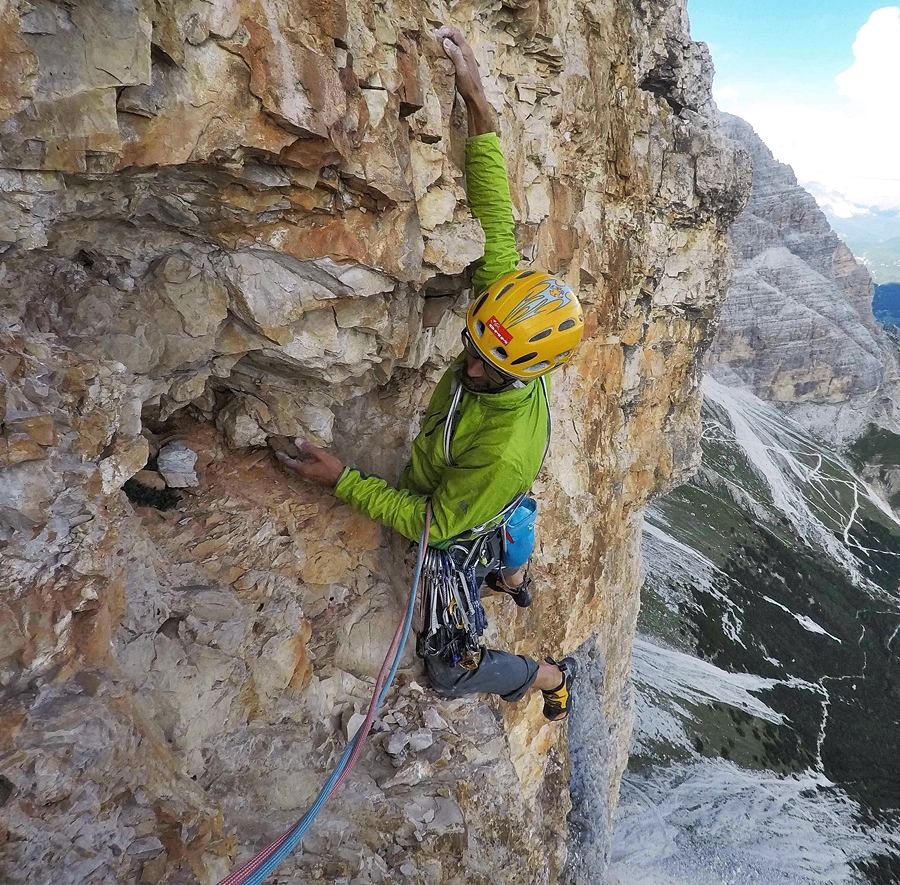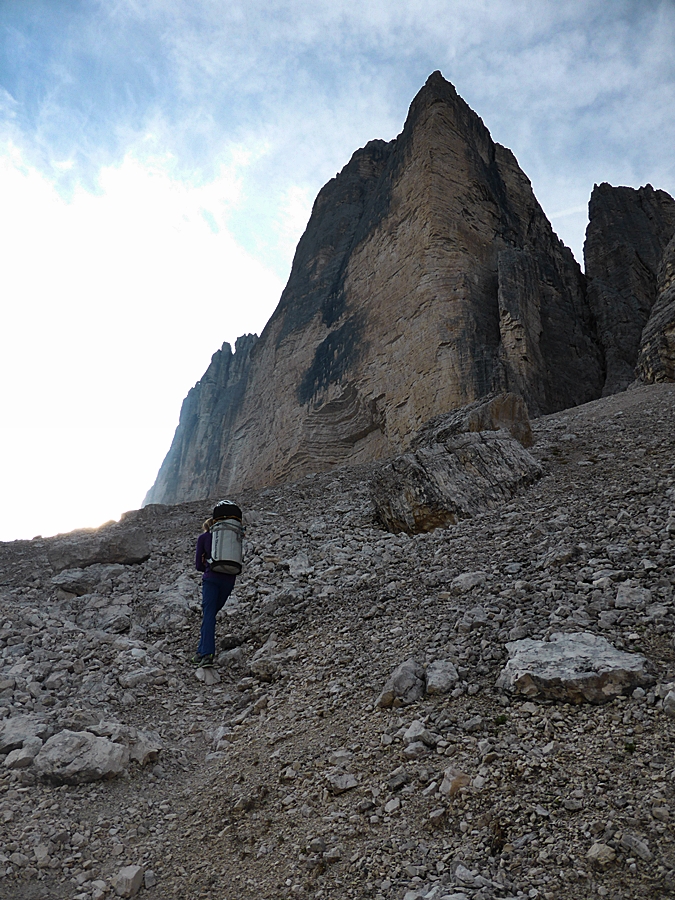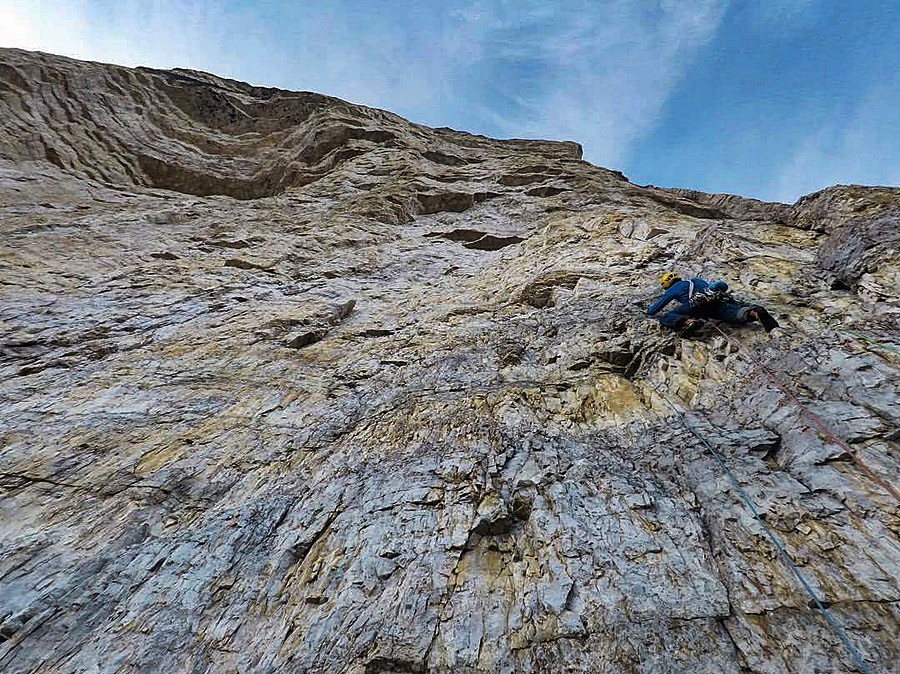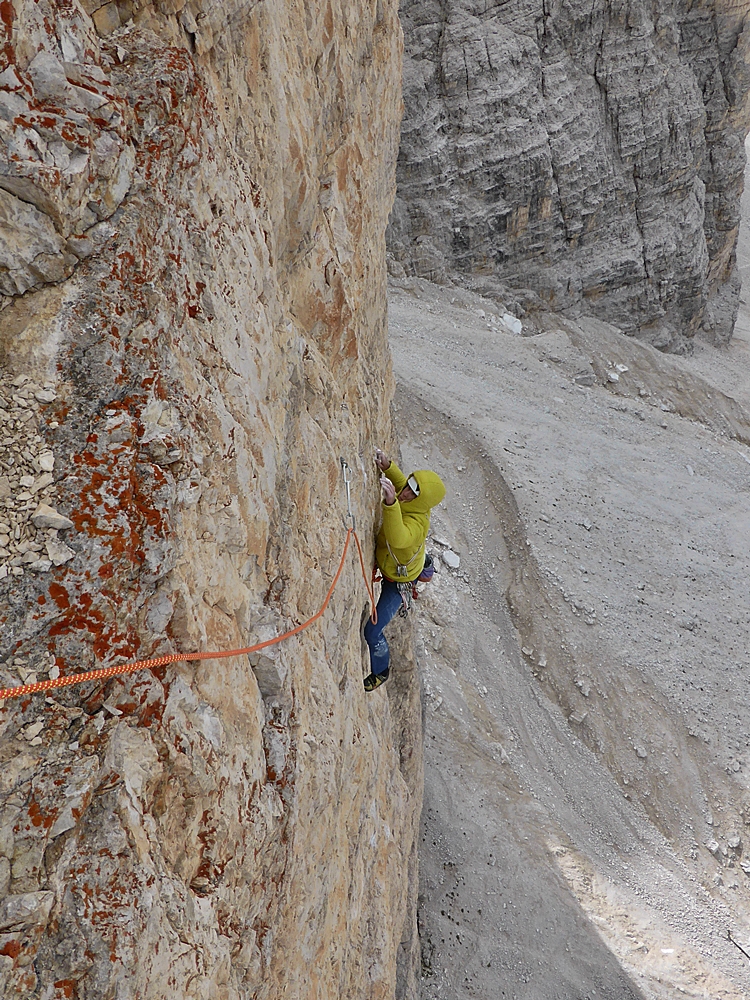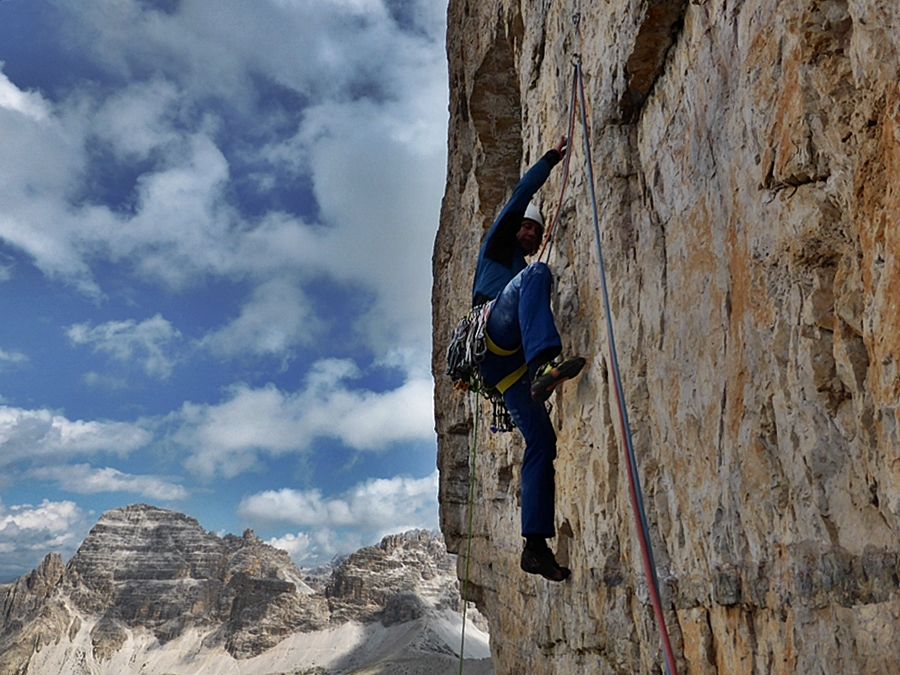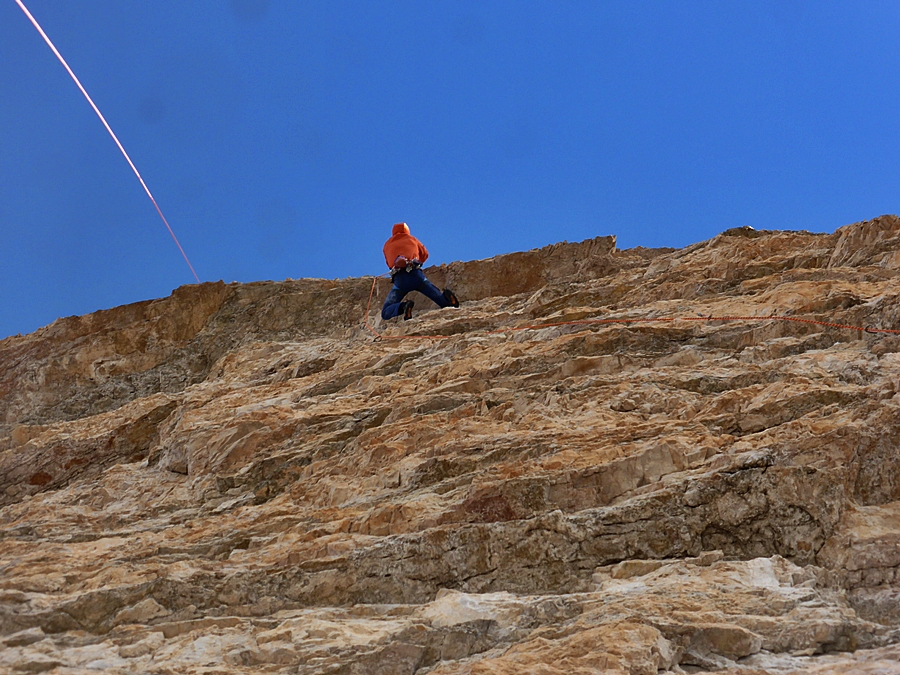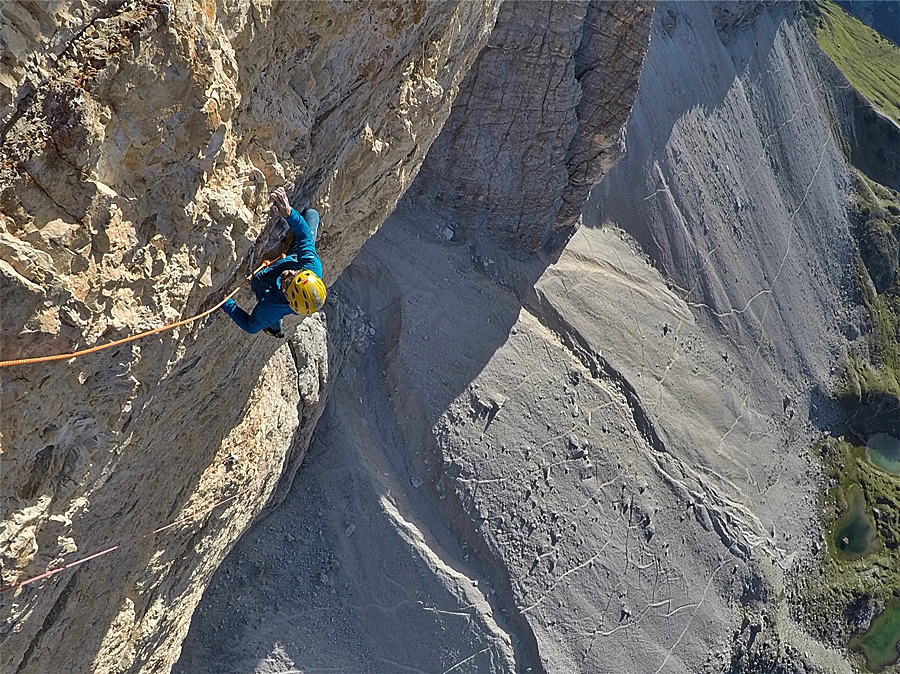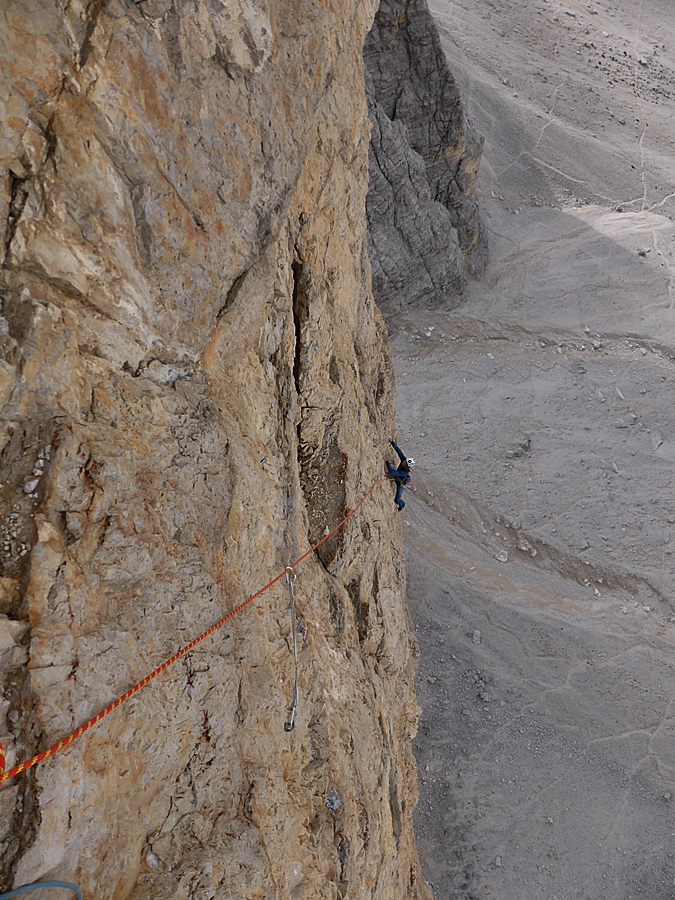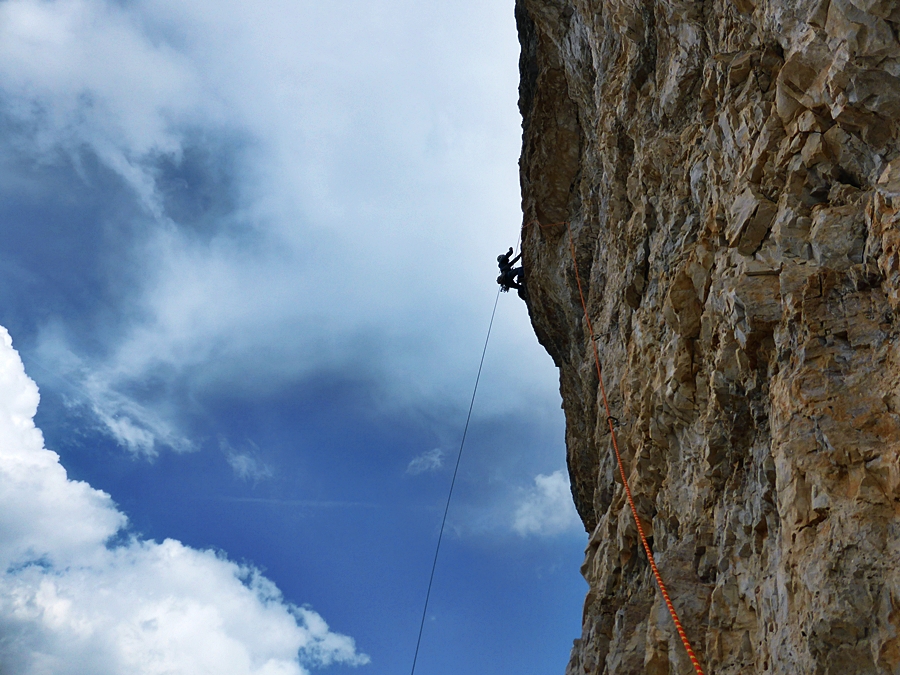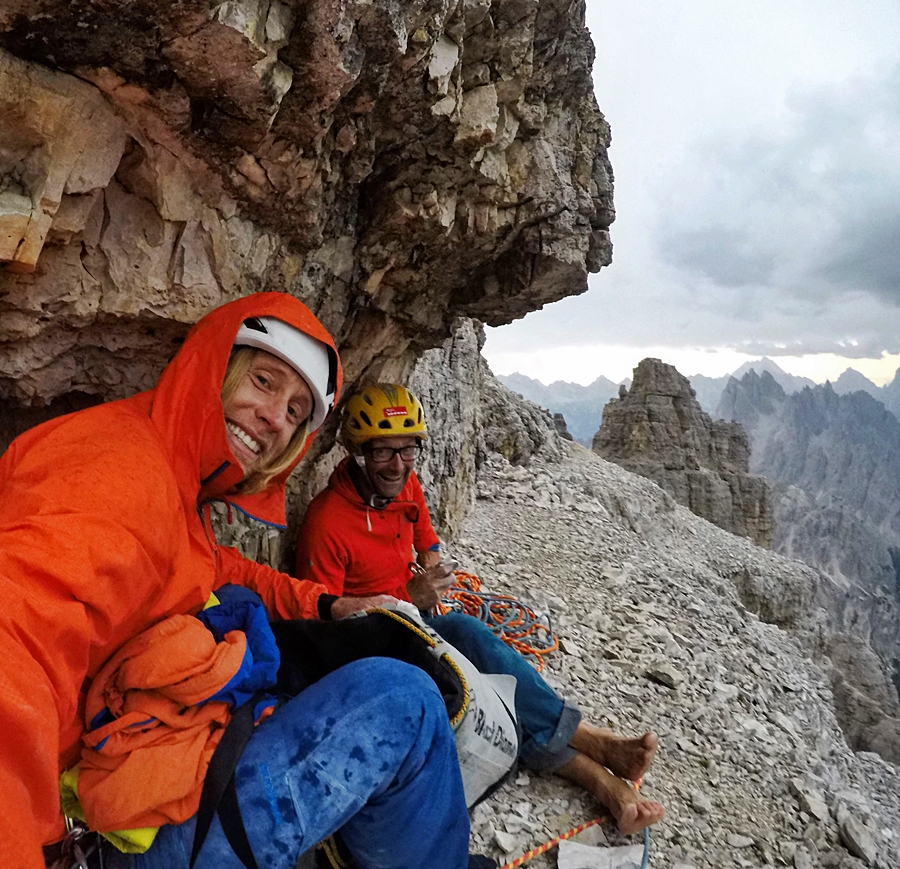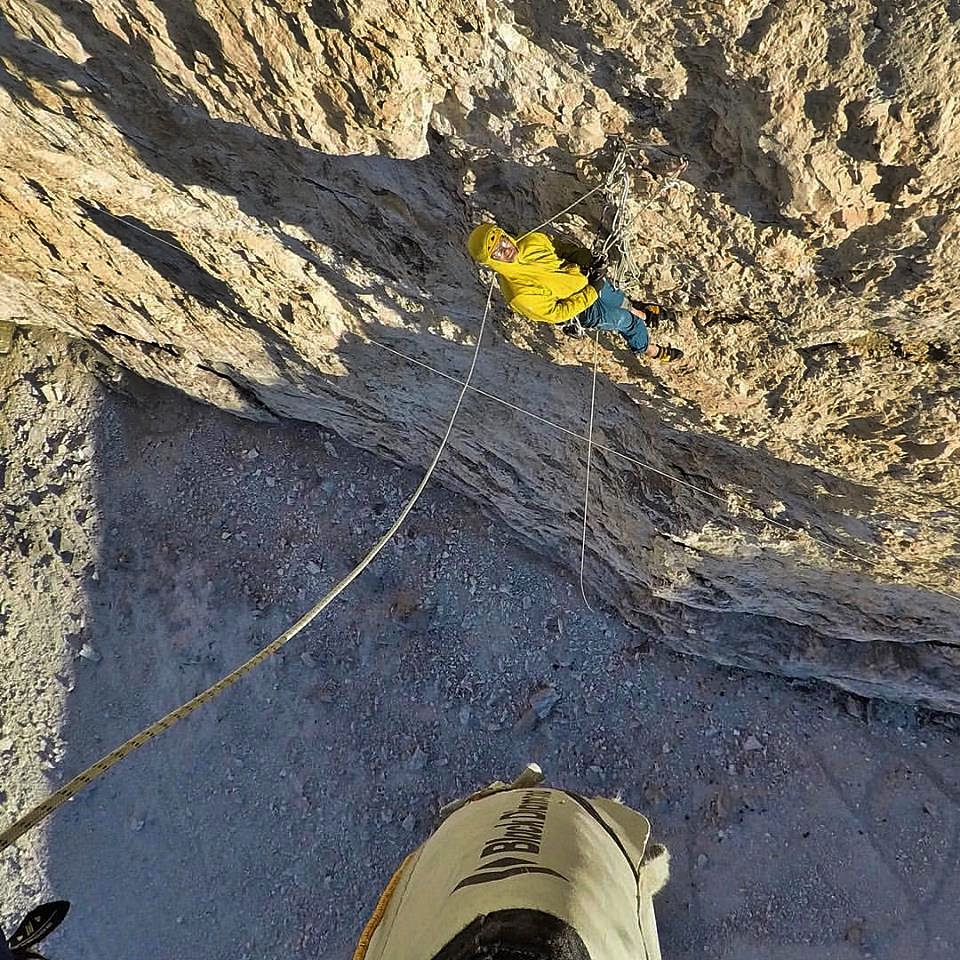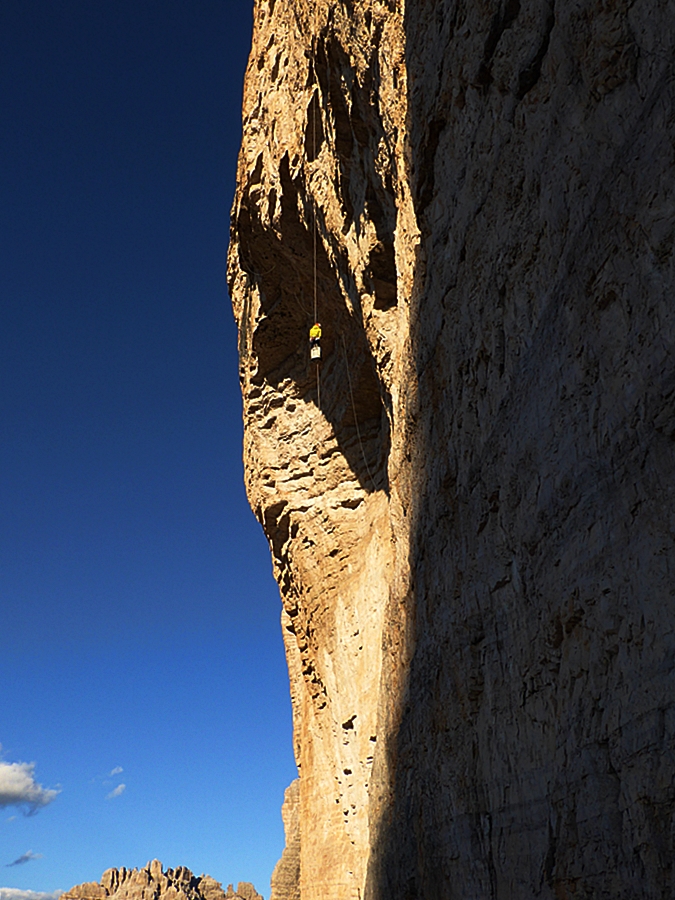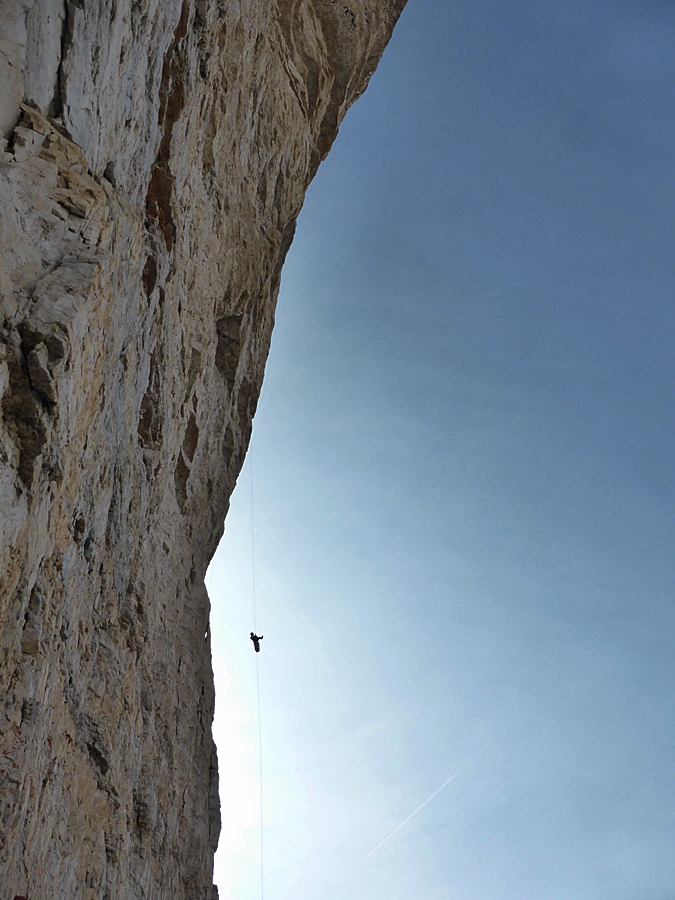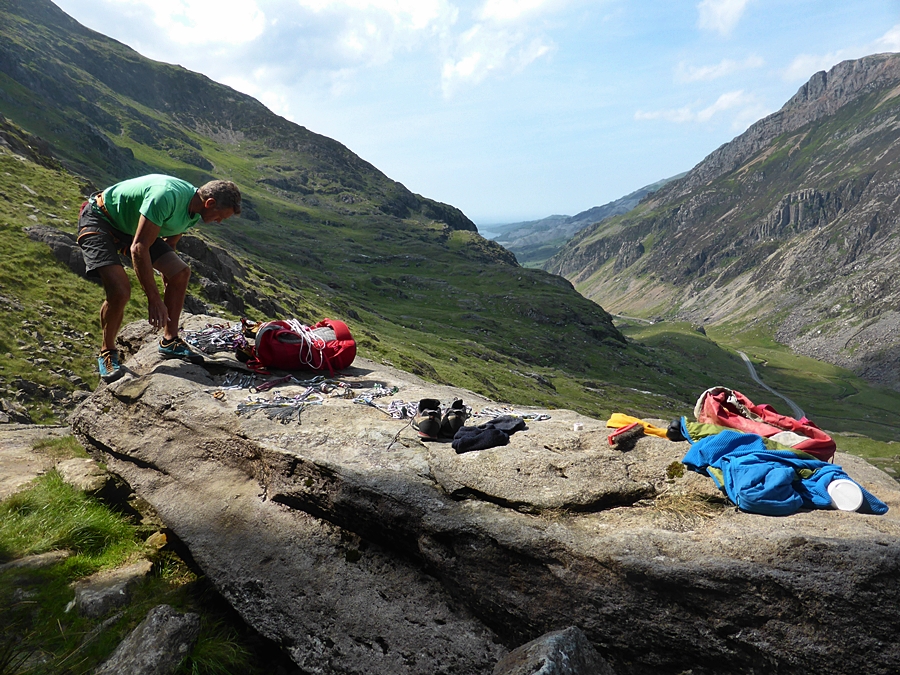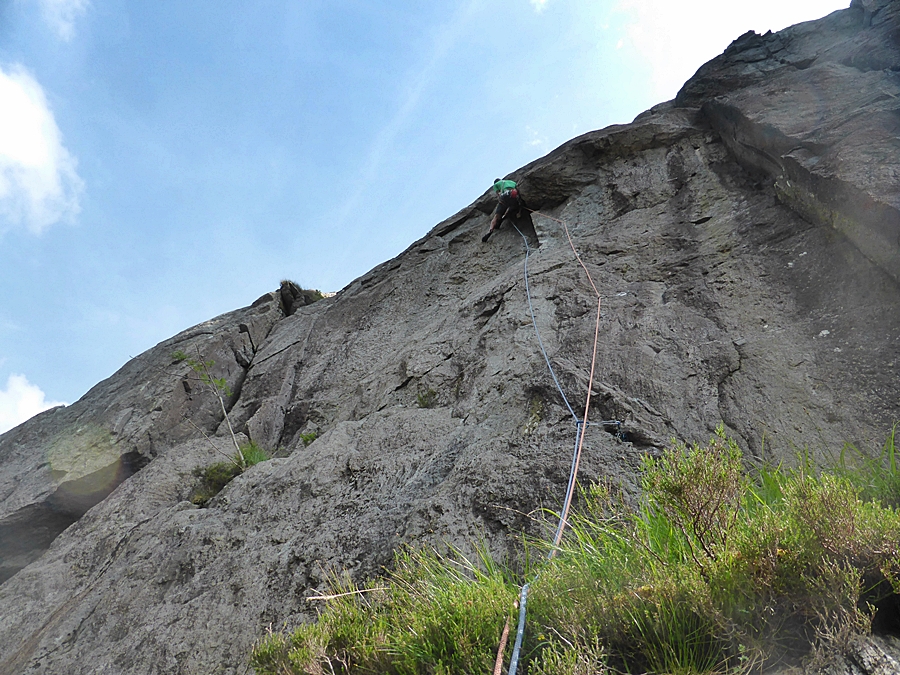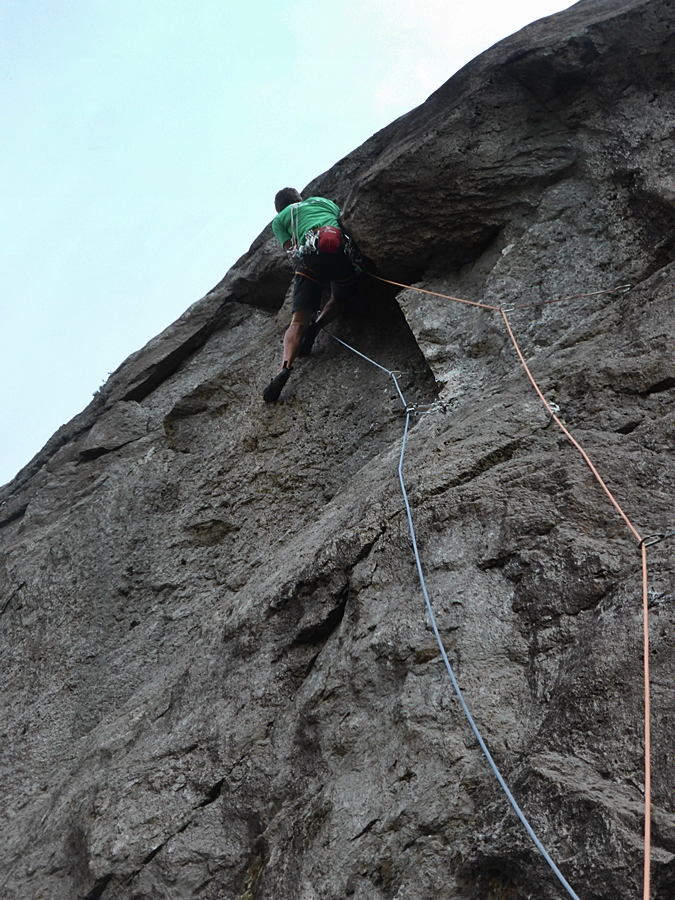If at all possible, this piece will be more in context if Hazel Findlay’s article, Sweet Dreams, featured in the summer edition of Summit Magazine 2017 is read first. The Summit app can be downloaded and if you are a BMC member you can download the article for free. For non-members you can still download the app and read the article but it will cost £2.95.
This is very much an opinion piece. I know people will have a different opinion from my own, which is fine. In no way have I set out to make it an attack on anyone in the climbing world, because it’s not, it’s just an attempt to highlight some of my fears and concerns and if by doing this I make a few people think or even share some of my concerns that’s great. In writing this piece I had the valuable help and feedback from several friends. You know who you are, thanks, it’s such a better piece for your input.
The cost of the (sweet) dream.
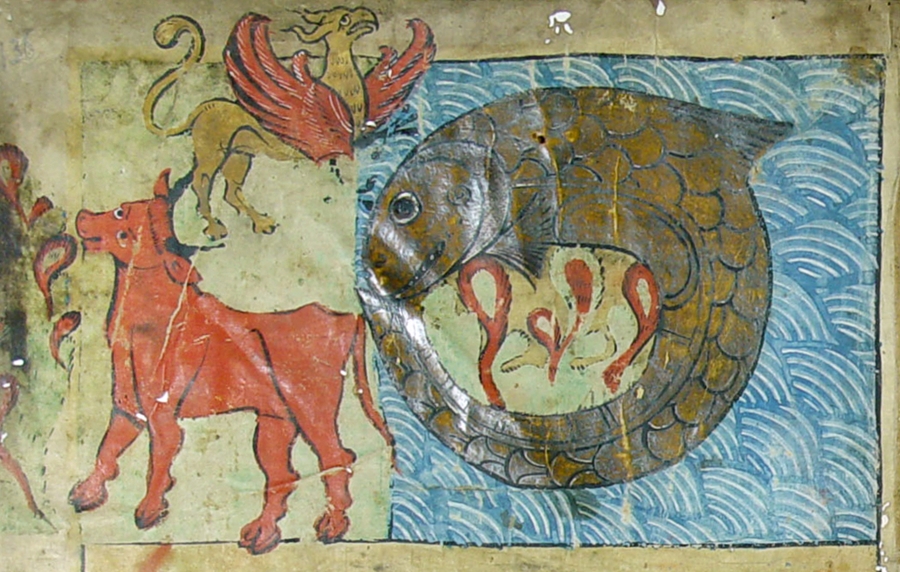
Behemoth. Ziz. Leviathan.
Greed: excessive or rapacious desire, especially for wealth or possessions. Excessive desire, as for wealth or power: (Dictionary.com)
July brings frequent and prolonged rain to Llanberis. But if I happen to be cat-sitting in a house with a good internet connection, July is one of my favourite times because it’s when the Tour de France takes place. I have followed the Tour for almost thirty years, possibly every year since the first time I watched it in the dark and smoky confines of the TV room in Gartree Prison Officers’ Mess. I don’t watch or follow any other sporting events, but I really do enjoy the Tour. I like so much about it: the tactics, politics, drama, excitement, competition, rivalry, characters, commitment, scandal, colours, bikes, commentary. The event is massive; it’s a giant of a sporting event and a dream for advertisers, which should make me dislike it because I struggle with the greed involved with much big business. Many of my favourite riders in the Tour ride or have ridden for the British Sky Team, yet I should find the mere existence of this team repellent. Rupert Murdoch’s 21st Century Fox owns a 39.14% controlling stake in Sky, which means Murdoch ultimately owns a big stake of the Tour. I dislike Murdoch and all he stands for with a passion: I struggle with one person having so much influence and owning such riches. I find it grotesque that one man has so much power and influence over others. According to Forbes, Murdoch is the 96th richest person in the world with a net worth of US$13.1 billion as of February 2017. Isn’t it strange how I manage to let all of my morals slip while watching a bike race? But these morals are in place where climbing is concerned, or at least I try my best to keep them intact: I can’t imagine how utterly distraught I would be if a climber took a sponsorship deal from Sky … but looking at the way things are going, it’s probably only a matter of time. Climbing has changed so much and continues to change at an alarming speed… but then climbers are changing too.
I like watching the Tour de France, but it isn’t ‘my’ thing. Climbing is my thing, and I love it. I love its history and traditions, and its mix of odd and difficult characters, driven (mostly) by something other than money. So, for the Tour, I can put aside my morals, and gratify myself in front of the TV each July. I can relax, despite my double-standards, because cycling is not mine. But climbing … I feel strongly rooted in climbing, I belong to climbing, and so I worry about how it might grow… or might distort.
Climbing is heading to the Olympics. The competition aspect is becoming ever more prevalent, and with this transition climbing is moving further away from its roots, turning rapidly into a competitive sport. But with this change comes all of the inherent marketing and money-spinning we see in other mainstream audience-dependent sports. I’m not making this observation as an angry old climber who longs for the past –, because change is, as they say, ‘the way of the world’. But the way I see it, climbing is in a strange transition at the moment, and perhaps at a cusp that will see it emerge from its amateur and quirky roots into a monster. Currently, climbing is an activity that is accessible and attainable to many people, at whatever level, where personal achievements and internal battles are more important than grades but also an activity that is being rapidly turned into to a serious professionalised sport, which will come to recruit only serious professionals, and will come to depend on making serious money. So, looking to the future of climbing – will it be dreams or nightmares? Sweet or bitter?
In the summer 2017 edition of the BMC’s Summit magazine there is an excellent article by Hazel Findlay called Sweet Dreams. It takes a sharp, informed look into the sponsorship of individual climbers by large soft drinks companies, and in particular the sponsorship of the 16-year-old prodigy, Ashima Shiraishi by the Coca-Cola corporation. It is a well-researched and thought-provoking opinion piece that urges the reader to start asking questions, of themselves, and of others. It definitely got me thinking, and has stirred me up a little! Since reading it I have been fighting an internal battle, while attempting to answer some of the questions Hazel raised.
It seems obvious to me that Coca-Cola has no interest in climbing or climbers, apart from one young climber they feel they can use as a marketable asset. Coca-Cola a super-brand that has got not just its claws, but arms, shoulders and upper body thrust deeply into the lives of individuals. This said, sometimes the Coke monster can use its power of for good: During the US racial tensions of 1964, J. Paul Austin, chairman and CEO of Coca-Cola, was embarrassed by the lack of support for an inter-racial celebratory dinner that Martin Luther King Jr was attending. After telling the Atlanta business community they should buck up and support the event, the tickets sold out in two hours. See what Coke did there? You can’t fault them for helping out the black man who had a dream! Or can you? Was this guilt and repayment on Coke’s part? Or was it, well, just another sweet dream to ease their domination?
Sponsorship is the issue here., Or at least I thought it was the issue when I started writing this. So maybe not sponsorship itself, but more who sponsors who, and how, and above all why? And what are the consequences sponsorship? I felt this was the important issue for me to think and write about, but I’ve since come to the conclusion this is part of the issue but not the whole issue, not for me anyway.
I’m a sponsored climber. I’m lucky enough to receive modest financial support from two and gear from all three of my sponsors. The three companies that sponsor me produce stuff for climbing, of course! I’m not fooling myself: these folks are in it for the money and are businesses. But it comforts me to know that all three companies were founded in a love of making and developing kit for climbing and climbers. They were formed because they like climbing equipment and climbing, and many key players within them are still climbers. Sometimes they don’t get it right, but on the whole they have a deep understanding of climbing and climbers, of the roots and ethics, the history, and in these transitional times they are in a position to help climbing grow. But now it looks like the leading transformers of our climbing culture are not going to be companies that make money out of us by selling us carabiners, or jackets or climbing shoes, but instead the manipulators of our culture and traditions will be huge corporations that sell lies and sugar and caffeine and anything else addictive, to anyone. These beasts know nothing of, nor care for climbers.
Although I’m sponsored I don’t class myself as a professional climber, and I certainly don’t fall into the category of ‘climbing superstar’ that Hazel’s talking about. The word professional relates to a main paid occupation, something you’re qualified or trained to do. Conversely, an amateur is someone doing what they do just for the love of it rather than for financial benefit, and I very much class myself as an amateur. But, because of my fortunate position, brought about in part by some unusual life choices, I am sponsored, which has been something I’ve struggled to come to terms with. Being sponsored, in the modern commercial age, isn’t just about getting on with your art or sport, but it’s also about endorsing a brand: it’s about putting your name and what you stand for to a product or a company, with which your involvement will hopefully help to sell more goods and make more money.
I’m sure there are small businesses of all kinds around the world partly in it for passion and fun. But not the big multi-nationals, they are in it just for profit. Combined they are the monster from the Book of Job: the awful BEHEMOTH, the beast that is immeasurably large and irrepressibly powerful that has monstrous greed, trampling the weak under its feet as it runs amok, unsated and devouring the heart and passion of everything in its path. This is the thing I constantly struggle, this is the thing I found by writing this piece I am most concerned about: I find the greed of some humans repulsive, and I find the lengths they go to in order to influence, control, and affect the lives of people unfathomable.
The way money is pouring into climbing is forcing it to change. In some ways, of course, this can be good. In other ways it’s most definitely bad. So can you say to a person without much in their life, who suddenly finds a big cash handout and a ‘comfortable’ existence what they are doing is wrong? Yes, I think you can. How much is ‘comfortable’, and how much is greedy? How much money does an individual need to live? It’s a very confusing time for climbers, because all said and done a lot of us around at the moment began climbing for the simple joy of it, not for the money, and not to make a living as a professional sports person. Since reading Hazel’s article it’s become clear to me that other climbers appear to be struggling as much as me with how to live with themselves and this change, but perhaps more so with how to justify their decisions.
In the Summit piece and in a long article for the Men’s Journal Alex Honnold is said to have turned down a six figure offer of money from Dr Pepper. Alex says he ’would never feel comfortable encouraging people to drink soda’ Yet Alex appeared in a short film that is an advert for Dewar’s whisky. Dewar’s is owned by Bacardi, a behemoth of the alcoholic drinks industry reportedly making $4.6 billion in 2014. Alcohol is arguably more directly damaging to health and costs to individuals and families, but also carries costs associated with social issues and crime. A report can be read here.
Bacardi don’t care about climbing or climbers, nor for Alex (who does not drink alcohol making it a strange choice of company to promote). I would suggest that there is some conflict going on here: Alex says, “An athlete has to be comfortable with their own choices” and “I understand Ashima’s decision…. I doubt she uses any of their products but if she is comfortable with it and can handle the criticism then power to her.” Is he just talking about Ashima here I wonder? My intention here isn’t to attack Alex, it just illustrates how complicated the situation is when big manipulative businesses begin throwing around deals at people who are passionate about their activity.
I don’t agree that Ashima’s deal is ‘everything in life’: she is so talented and personable that something would have come along whatever, like a company that cared for climbing. Maybe when Ashima is older she will take more control of her own life, and perhaps then she’ll speak out against this deal? Regardless, I truly wish her the best, and I hope that my fears for her are unfounded.
Adam Ondra says ’I comprehend athletes who endorse companies they do not fully agree with, most of them are in a different situation than me and it is the only way for them to pursue their goals.’ I don’t comprehend them. I think it’s dishonest and lacks integrity to support something you don’t use or believe in yourself. There are other ways to pursue goals but perhaps ways where the financial gain is less?
To cherry pick Alex and Adam’s comments from Hazels article is perhaps unfair and takes them out of context, it appears to me they are being diplomatic which shows they are decent people, but these behemoths play on this, they do not care, and I believe there is a point when greed and excessiveness, no matter how much a person dreams or secures their future, is too much.
In the article many climbers Hazel spoke to suggest that professional climbers need to make a living somehow. Mina Leslie Wujastyk says “Can you blame an athlete for taking that deal that gives them the security to follow their passion and succeed?” Well, the answer is yes if that deal is with a huge multi-national behemoth which has no direct connection to what you represent and is offering you a load more money than you actually need. It’s a symptom of the consumer culture we live in, a culture that in general worships money. Climbers do need to make a living. But what is stopping people who climb making money out of something other than their actual climbing? Nothing. Why do we feel so entitled? No-one needs to be a sponsored climber, just as we don’t need climbers who are sponsored. It’s a choice, not something we are forced to do. Who says it is our right as climbers to survive as climbers, and make a living as climbers? Climbers are privileged. And climbing is the privilege of wealthy people. I’m wealthy and privileged. To climb regularly takes time and expensive gear. A climbing wall entry costs more money than many people can spare. As climbers we travel around the world, and we often have vehicles to get us to crags and even sleep in. It’s great being a climber, I love it, but I do appreciate how bloody lucky and privileged I am.
It is a great thing to follow your passion and ‘live the dream’. But unfortunately, unless you are born into money, for most of us we will have to work to fund our lives, or maybe make some form of sacrifice, (which for many climbers in the UK is never going to really be that much of a sacrifice among the grand scheme). But that’s OK, there can be compromise. There can be good times and ‘dreams realised’ without a big monster hand-out that eats you away from the inside. There are climbers out there that are proof this can happen, climbers who are climbing at the highest standard but who do not pursue deals with companies that have no interest in climbing. To say we have no choice but to let Behemoth devour our freedom so we can realise our (selfish) dream is just not true.
Hazel said “The climbing community has never really spoken out against our many Red Bull sponsored athletes.” This is possibly correct: there has been some dissent over the years but not much, more than likely because the Red Bull directors (dictators?) and marketing gurus have been exceptionally astute … because this is what they are, this is what they do. Red Bull fund films and create events and owns teams and owns races. They don’t support these things, they engulf them until their name is synonymous with an activity. I have heard it said that Red Bull are OK because they give adventure film makers opportunity and a platform and they support (a few) climbers around the world. But it’s all brilliant marketing so more of a horrible sugary drink that costs just pennies to produce can be sold to make billions. In Hazel’s article, Will Gadd says Red Bull make it ‘possible to follow some big dream.’ But ‘big dreams’ are followed every year: films are funded, dreams’ realised, climbers reach their summits and succeed without funding from Red Bull. This is just another way for climbers to justify being involved with a giant all-consuming, profit-making monster. In The Book of Job, it is revealed that one of the forms of the Behemoth is, wait for it, yes, a red water buffalo!
Over the many years I’ve been climbing I’ve seen some strange rituals before a climber steps from the ground. For myself I can’t help but spit on the sole of my climbing shoe before rubbing it with the palm of my hand and squeaky-cleaning the rubber (yeah, disgusting I know! I even do it indoors). Yet not once have I been at a crag and witnessed someone crack open a can of Red Bull before they tie in. In fact the only person I have ever seen consume an energy drink before and during climbing is the Hippy, and not being sponsored by Red Bull, he drinks Tesco’s own brand and even then it doesn’t appear to help him that much (for full disclosure Will Gadd says in the article he drinks Red Bull before a hard training session and before a hard climb!) The only place I’m likely to see a Red Bull can outside of a shop is in a hedge, presumably thrown out of car windows, along with the McDonalds and KFC, wrappers. Is this what we want to support and be part of? Maybe a Red Bull funded litter pick?
Alex Megos tells us how well Red Bull look after its people, and that he has never received better support from anyone. This is not a surprise: they have invested a lot of money for him to advertise their product and Shauna Coxsey adds that if it wasn’t for Red Bull paying for scans, surgery and rehab she would not have been able to compete this year. But if she hadn’t competed this year then Red Bull would not have had their name appearing on the podium and in all those pictures so of course they are going to pay to keep their talent going. It’s a variable cost to a lucrative business: farmers spend a lot of money on fertiliser.
But who is paying the price? I’m not sure, but we are being lied to and controlled, and the greed of this monster is easy to see, and I want nothing of it. In the past I received free private health care and used it for treatment so I could keep on climbing. I thought nothing of people with similar injuries but who couldn’t afford insurance or treatment and had to wait to be seen by an overburdened health service. I thought nothing of my encouraging a two-tier health system, I thought nothing of more money going into a private health system and widening the gap. It was all about me and getting back to climbing, I was greedy and selfish. Being young and driven makes it harder to see the right path; maybe the moral high ground is for the old with fewer dreams to live? Did Shauna need to compete this year? Shauna’s fantastic and inspirational endeavours might have been slowed down without Red Bull, but I doubt it. For someone so very talented and driven I’m sure it would have still happened, driven people make things happen. It’s just such a shame the monsters plug into the hard-drives of the talented. Perhaps if she had held out, maybe there would have been another less controlling, less dominating company, one to fit her better, one that didn’t just want her for making money, but one that also could feel for the dream with her.
Red Bull exemplifies most that is wrong about big sports business. They don’t support sports, they buy them. It is well known that Red Bull make ‘their’ climbers sign contracts forcing them to always wear their logo, speak no evil, actively promote the drink, and promote whatever else the Red Bull commands. That, as far as I’m concerned, is disgusting as it forces dishonesty with a bribe, but it is, in the end of course, up to the individual who signs the contract.
I hugely respect how, in her article Hazel goes on to question and challenge Red Bull, and all that they stand for, and especially because she is certainly good enough to be sponsored by them, but because she has been bold enough get off of the fence and tell it how she sees it. I’m sure she will now never be offered Red Bull sponsorship. Good for her, and her courage!
I receive sponsorship from three companies which almost fit with my personal ethics. But I still have to compromise, I still try to justify my actions, and by doing so I feel something of a hypocrite; I live with conflict and contradiction. Alex Honnold says ‘a person has to be comfortable with their own choices’ I don’t know if they do: I’m not. I bear my choices and constantly review. Yet even though I’m not comfortable with them, I can be certain I’m not greedy, which in a small way goes towards easing my own guilt.
We live in complicated times for sure but that isn’t an excuse! I dislike big supermarkets with their huge profits and monopolies but I still use them. I wear a pair of jeans made in China, probably by someone paid a pittance. I don’t buy fair trade, but instead buy something cheaper, telling myself I can’t afford to pay extra, even though I can. I use Google as my search engine, a company that earns multi-billions mainly from advertising. I have a Facebook account (Mark Zuckerman’s personal fortune is $62.7 billion June 2017) another advertising and influencing behemoth. I order from Amazon (Jeff Bezos net worth $85.4 billion June 2017) and drink the occasional Starbucks coffee ($4.2 billion profit in 2016). I own a house that is paid off and rented out. I own a brand new van. I have savings. I am privileged and I live a great life. I don’t think it’s a case of being comfortable with your own choices, because I’m not, I think it’s about attempting to live in a way that is honest about your choices, and constantly re-evaluating these and hopefully make improvements to the way we live and the influence we have on each other. Having integrity is something to strive for but something that can be so difficult in these times. But integrity trumps all the climbs, all the mountains, all of the first ascents and 9b’s. Integrity trumps being a world champion, soloing El Capitan and having an income that goes way beyond your personal needs. Attempting to live life with integrity, improve the lives of others, and get on with other people is the greatest of complicated dreams.












